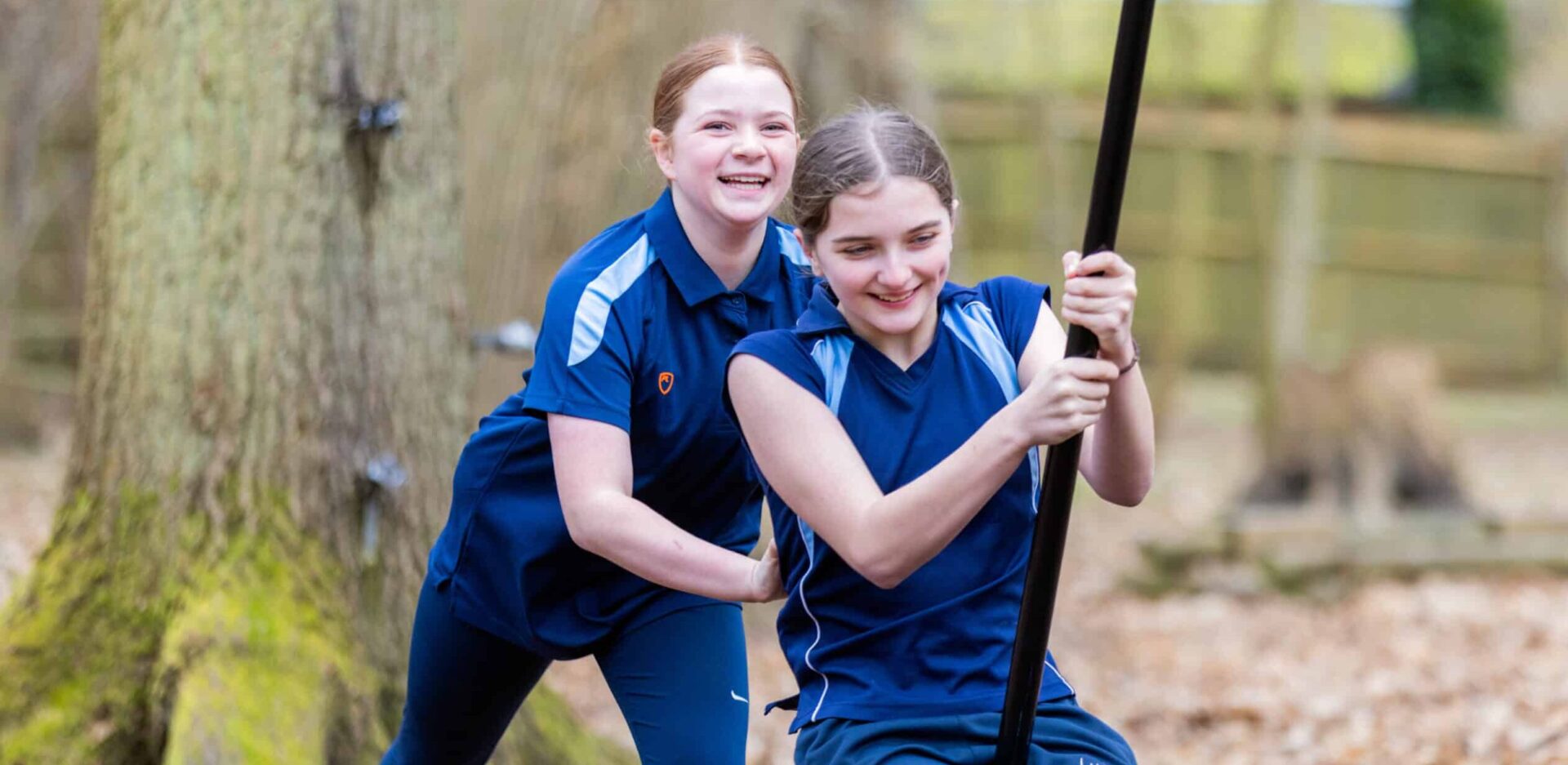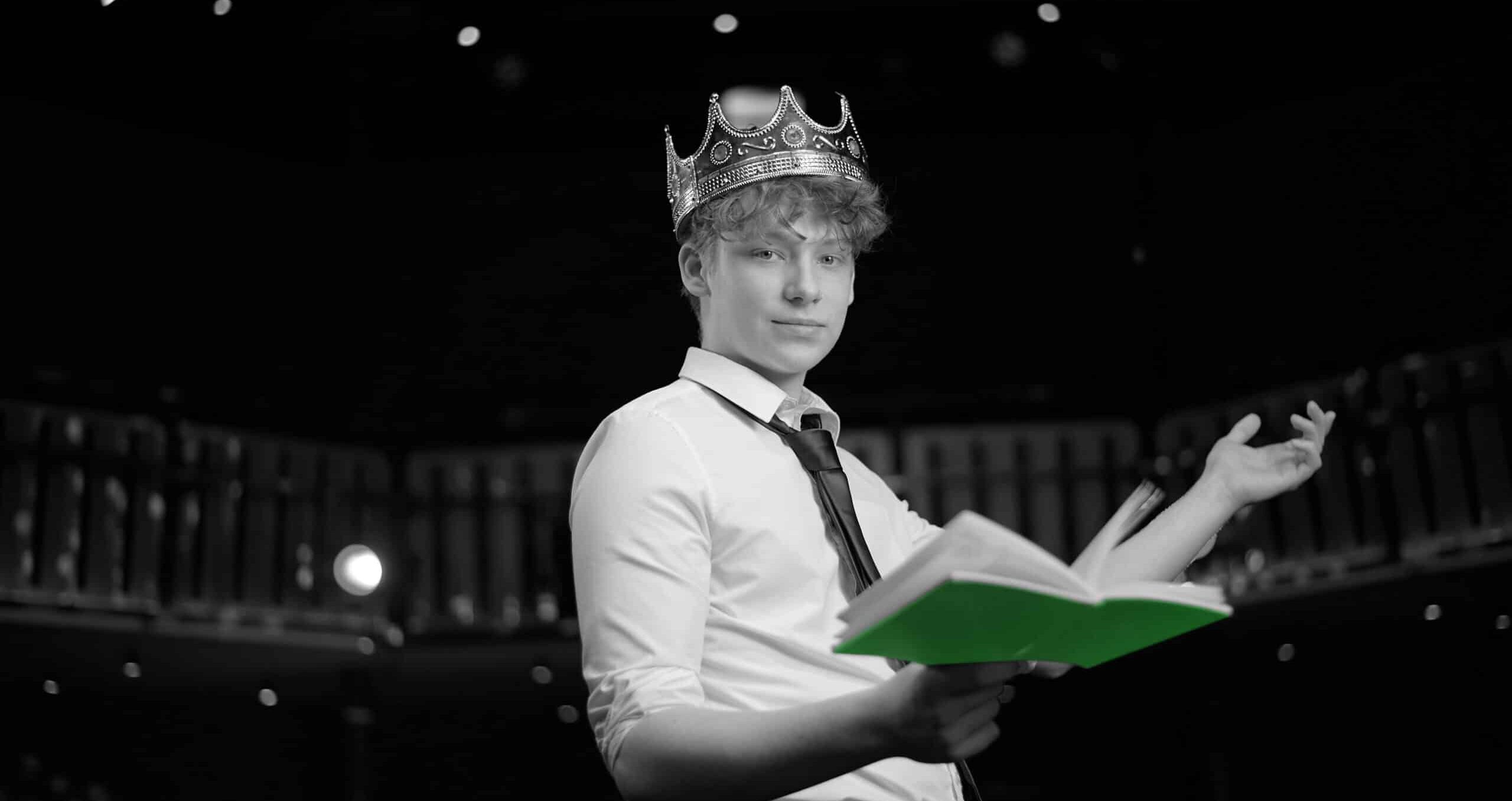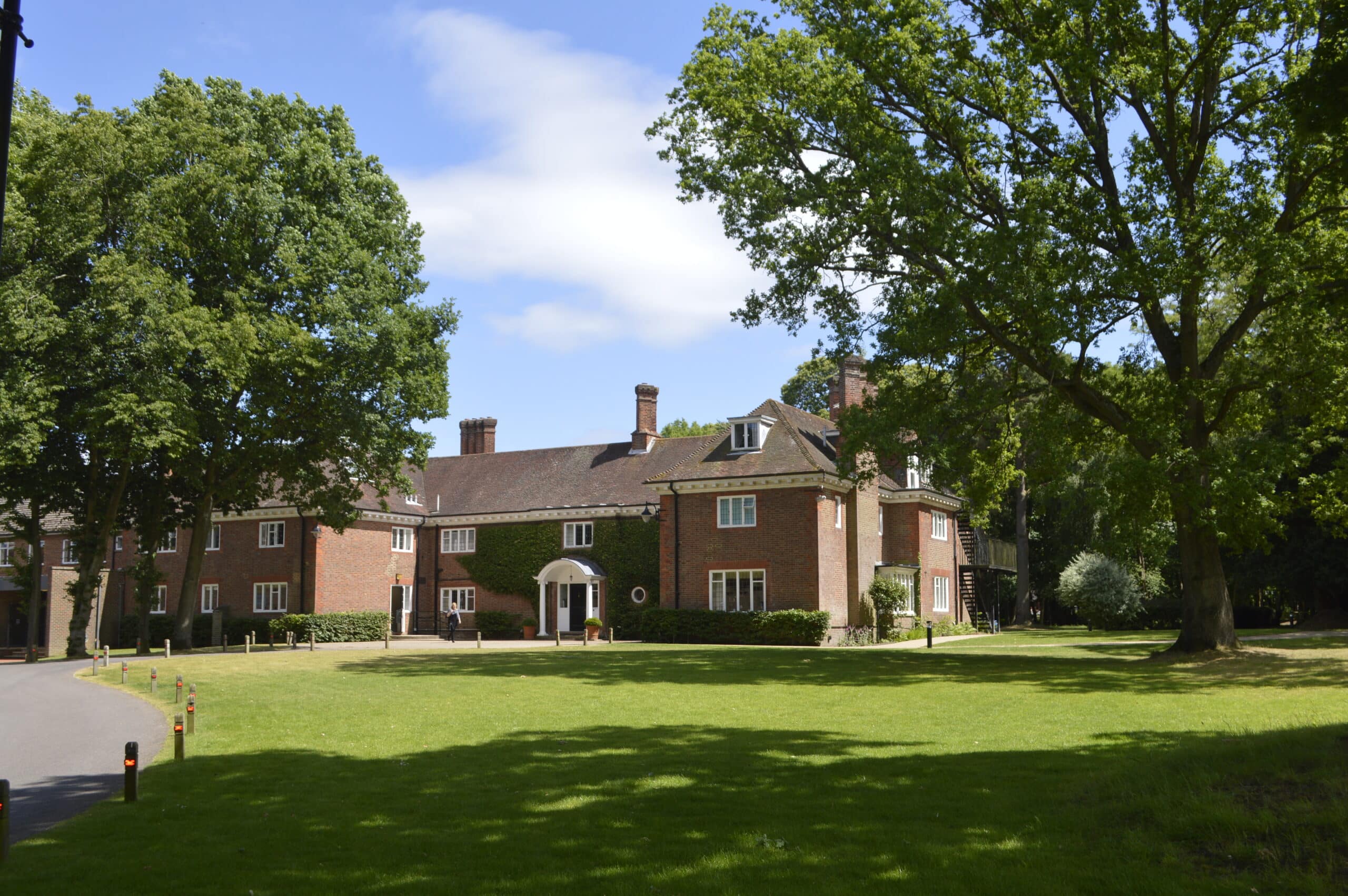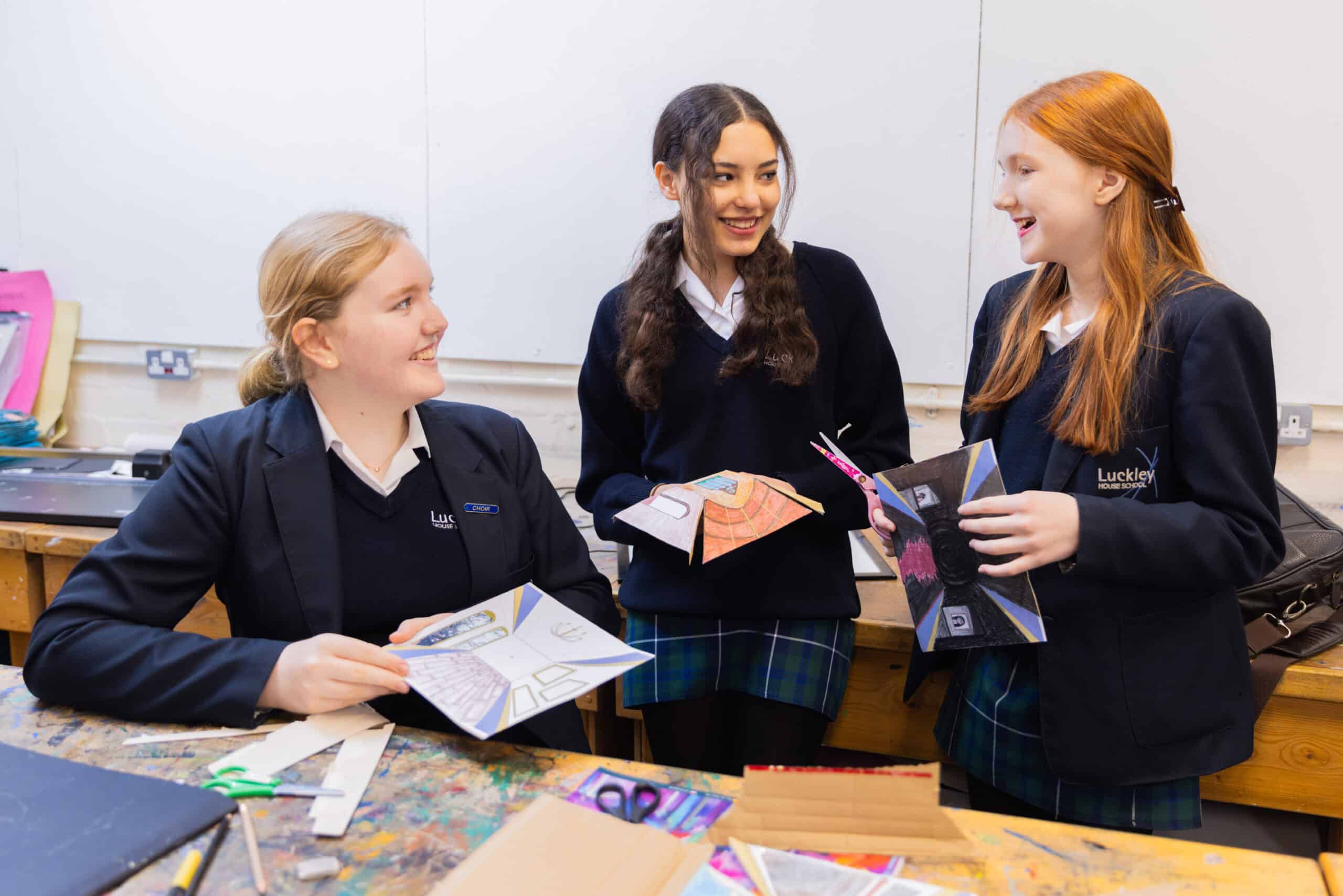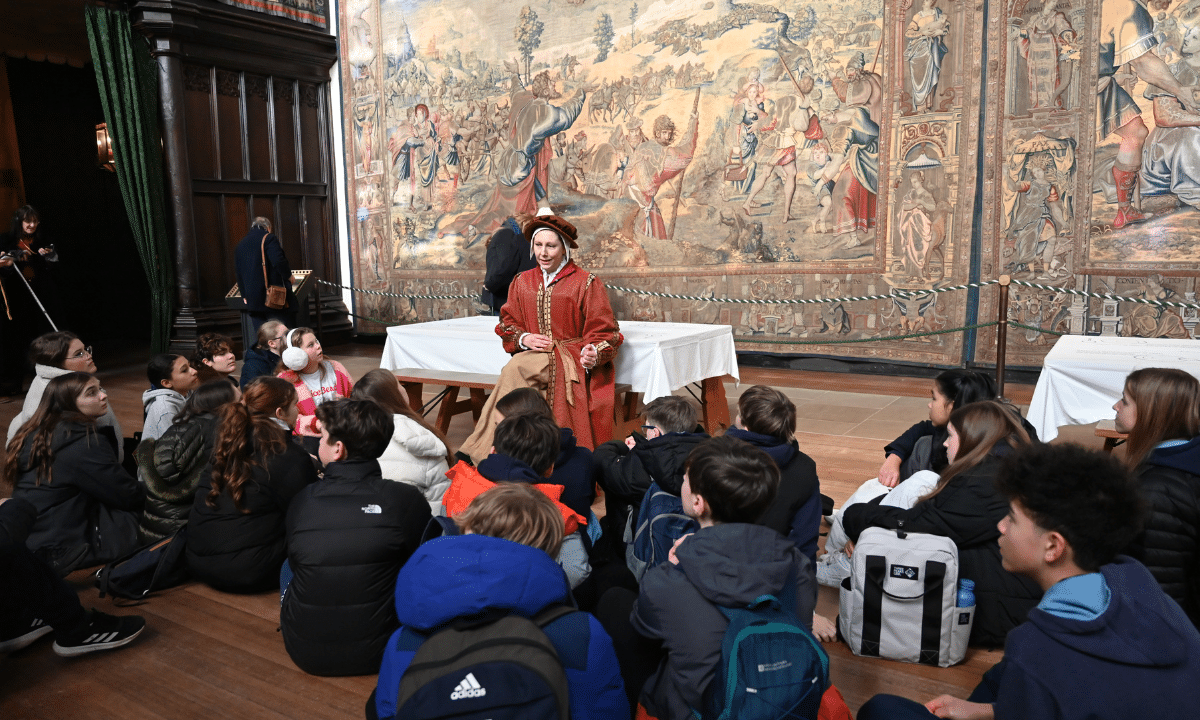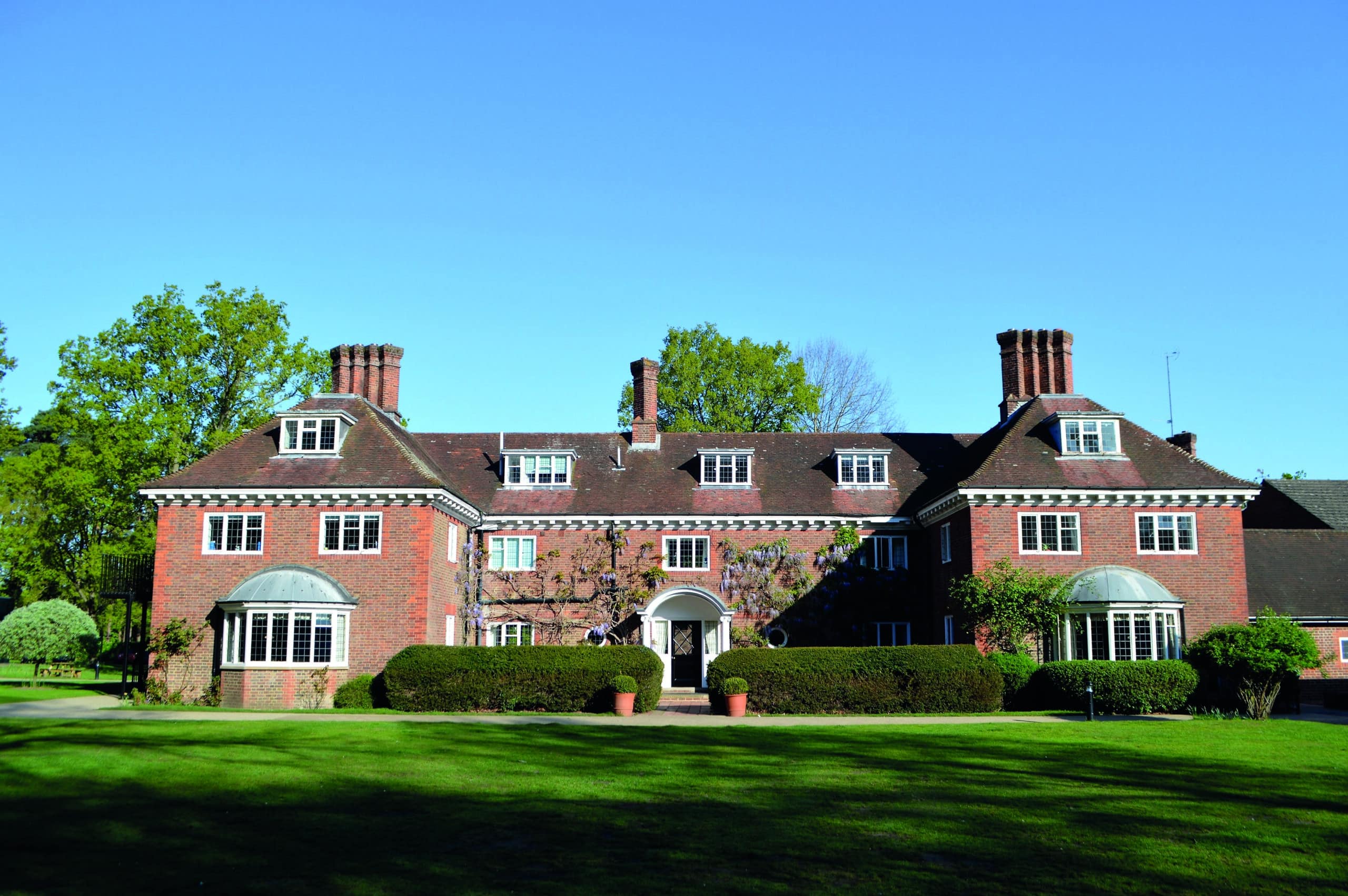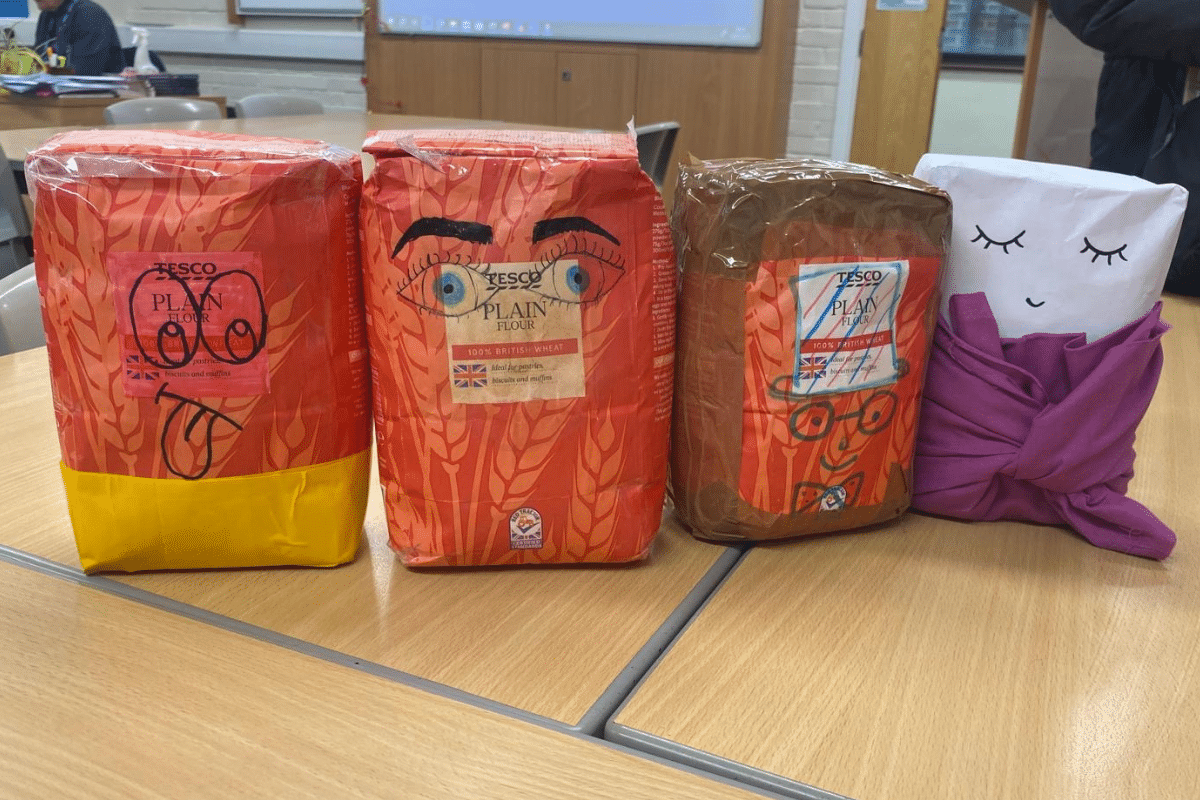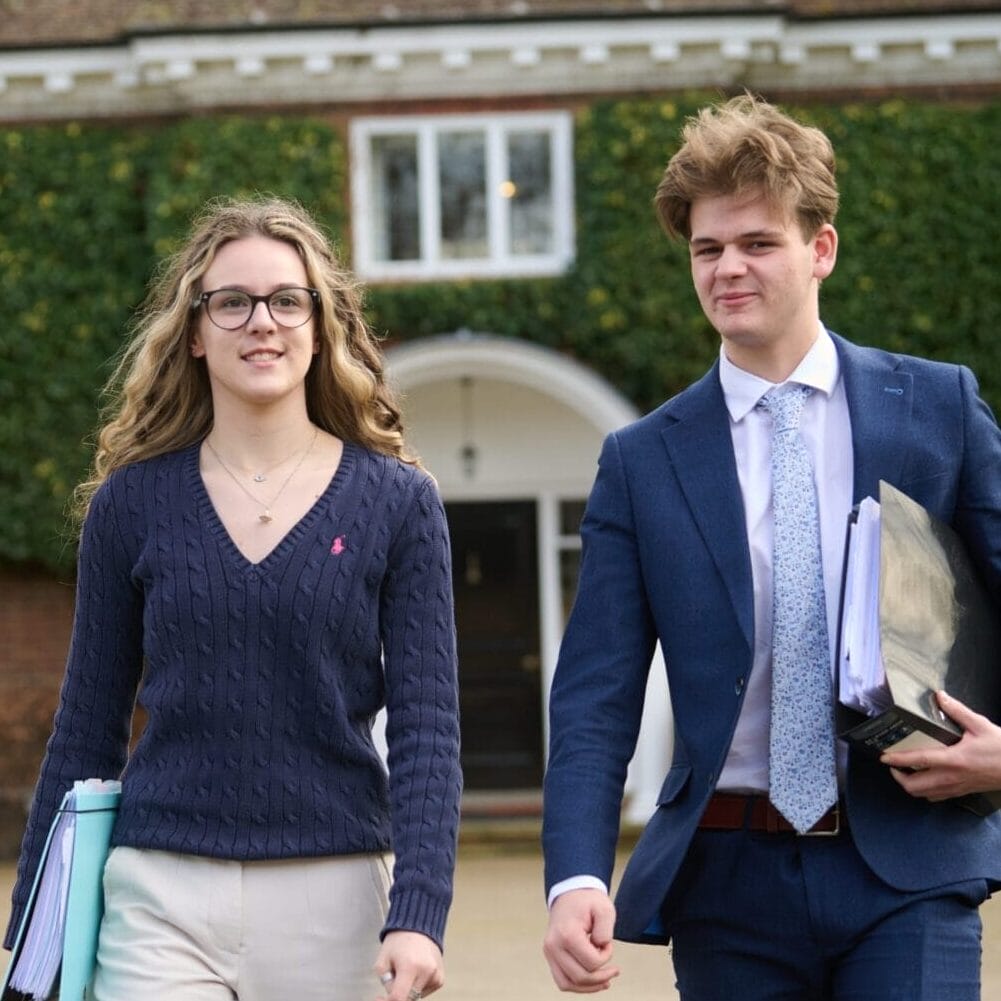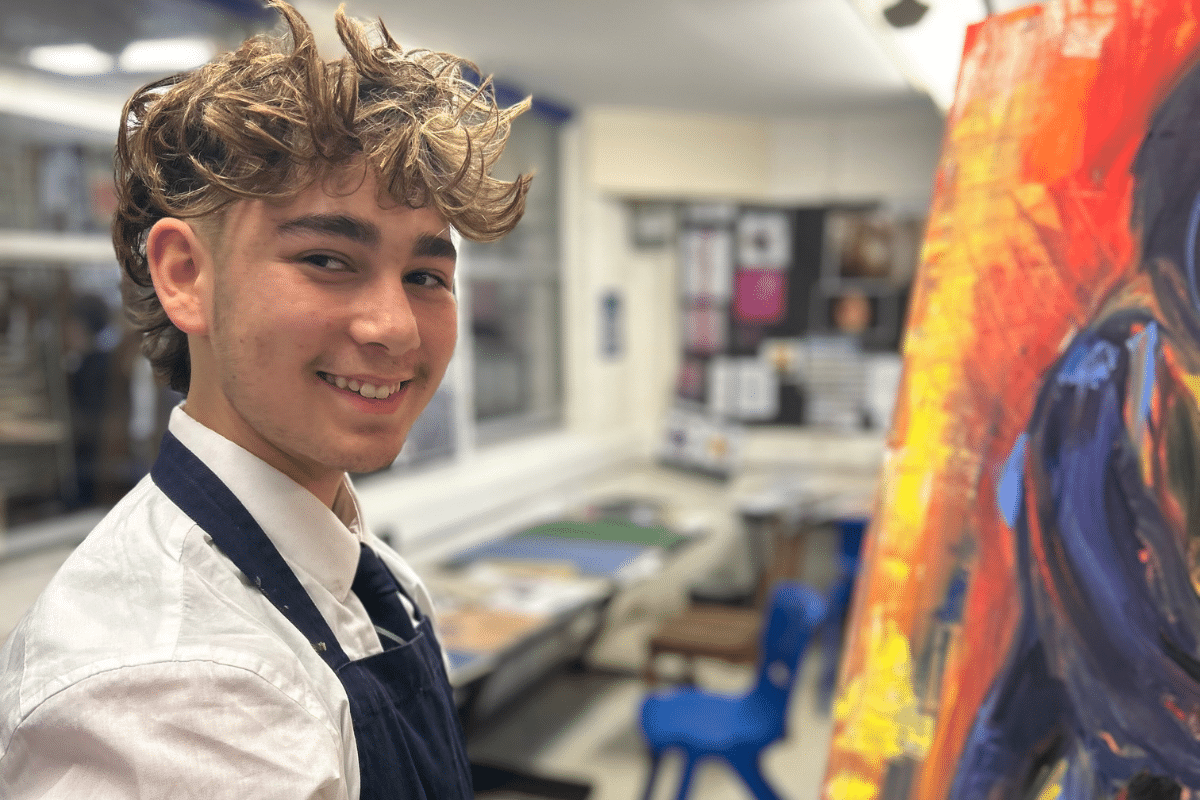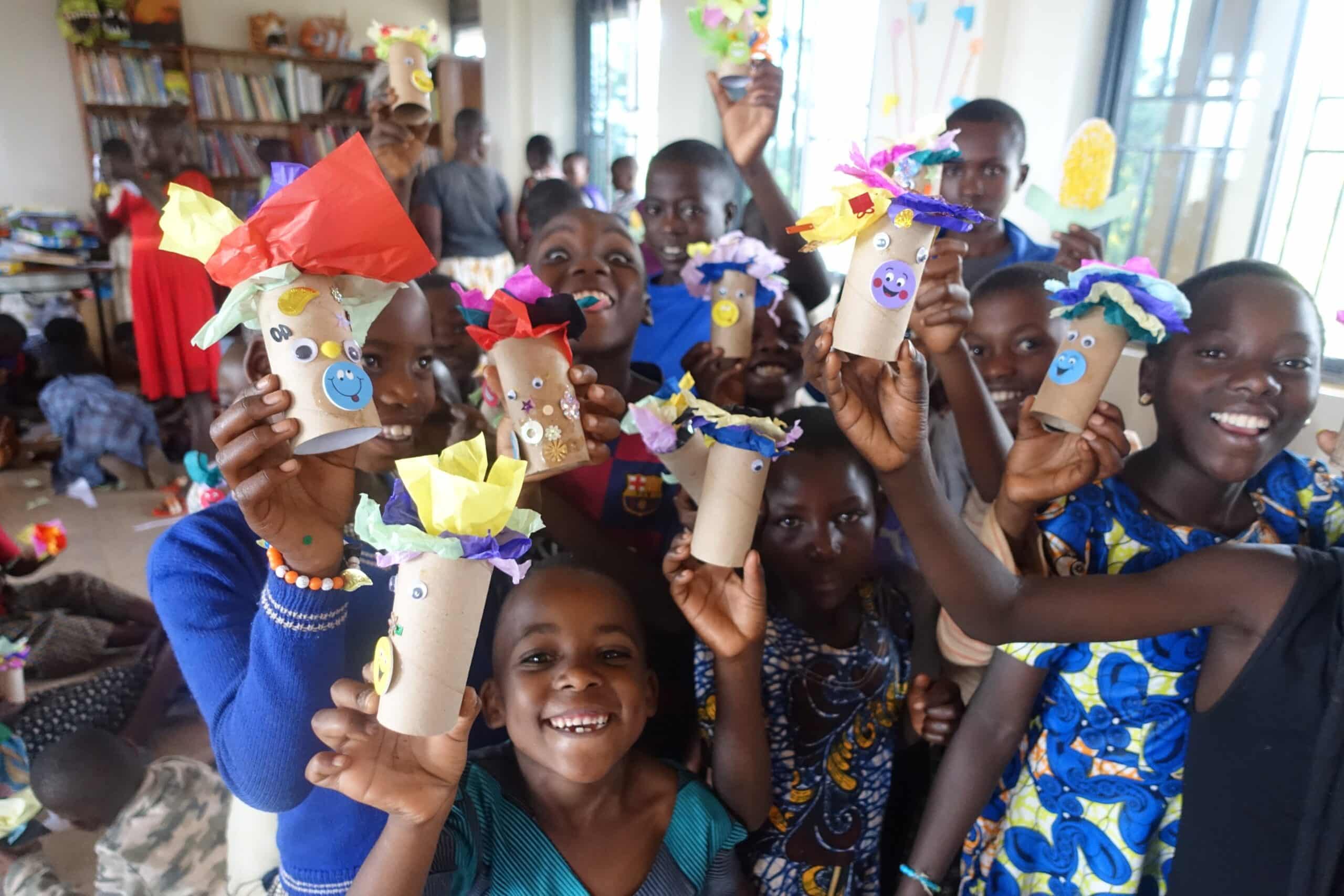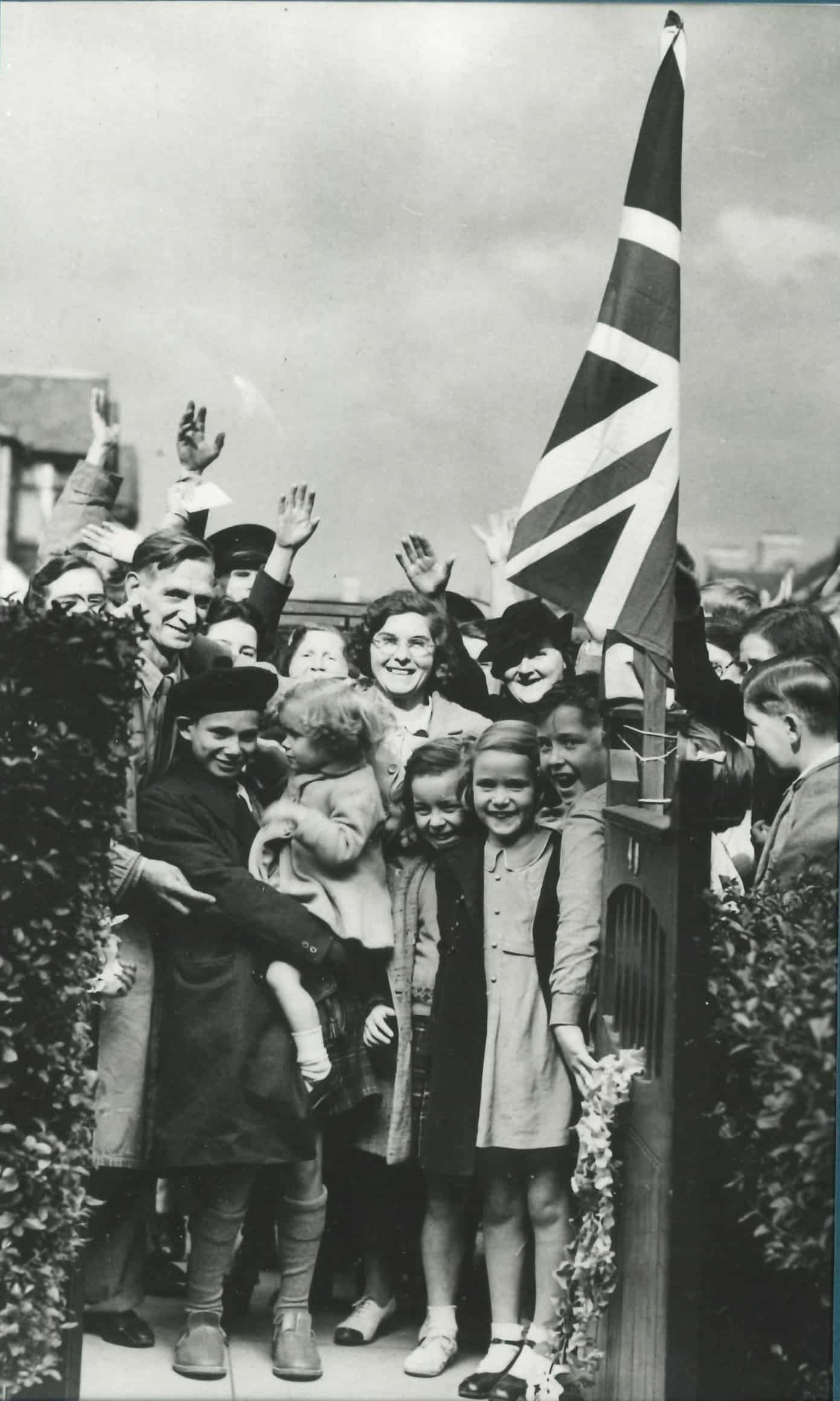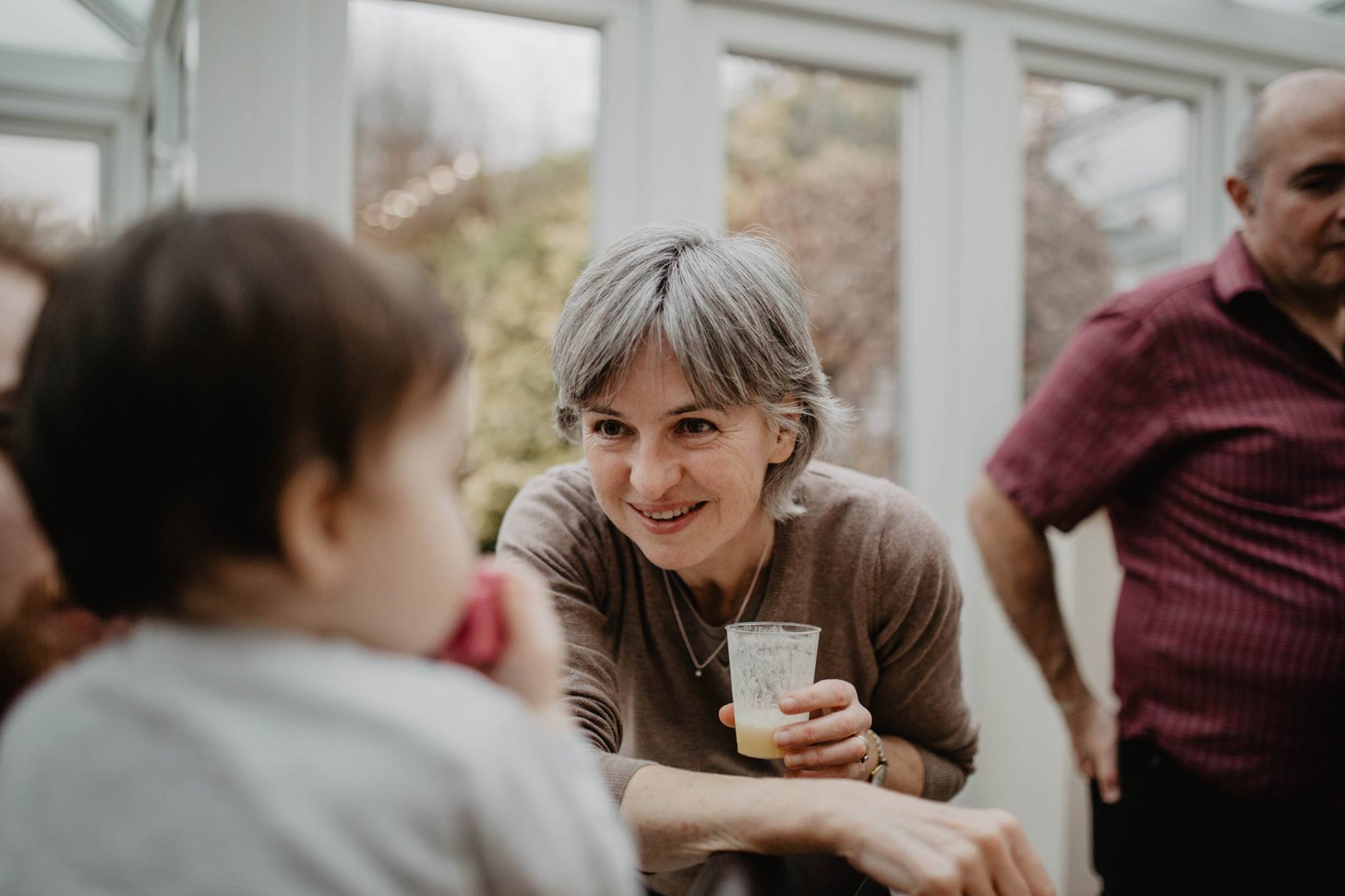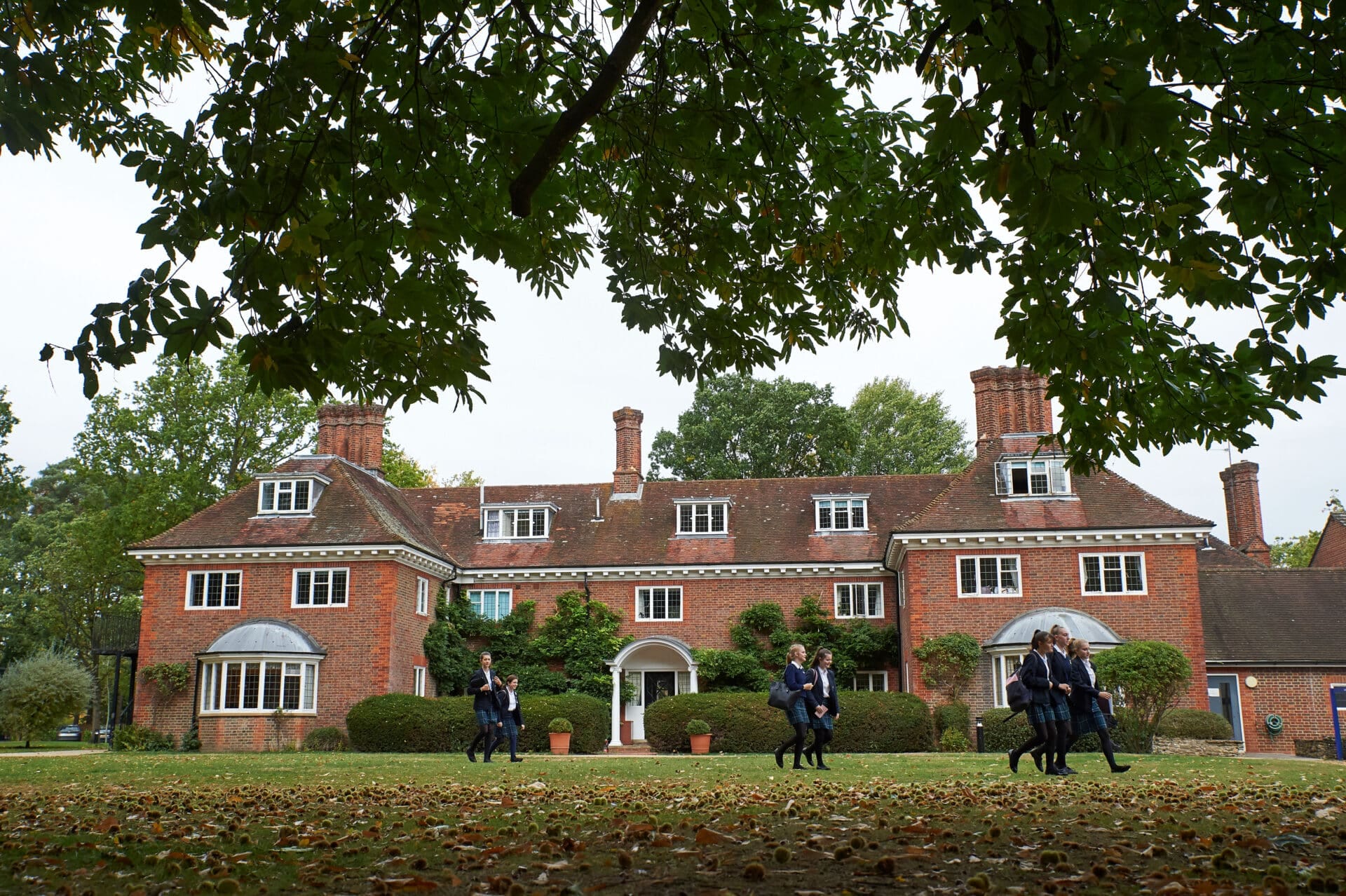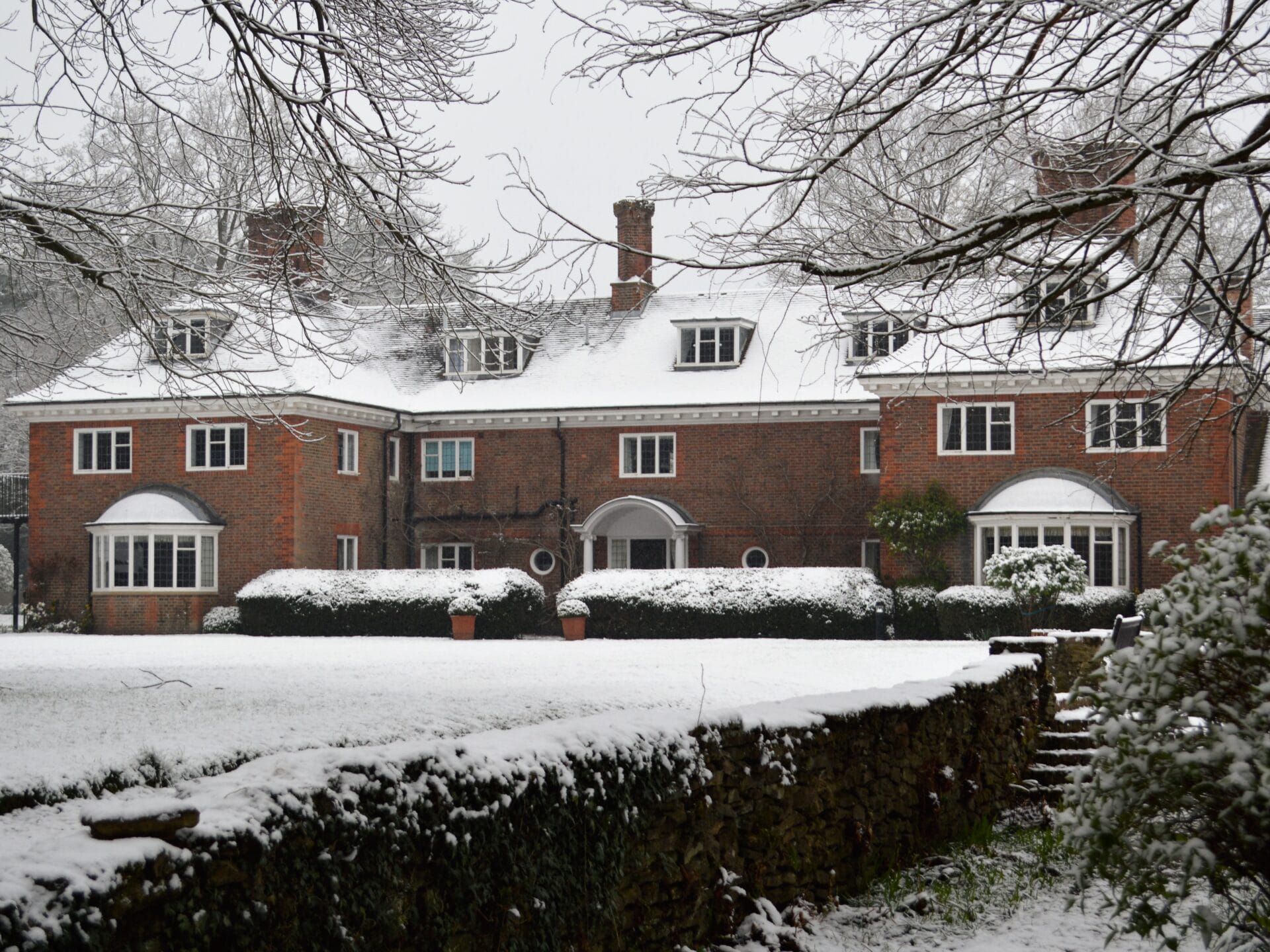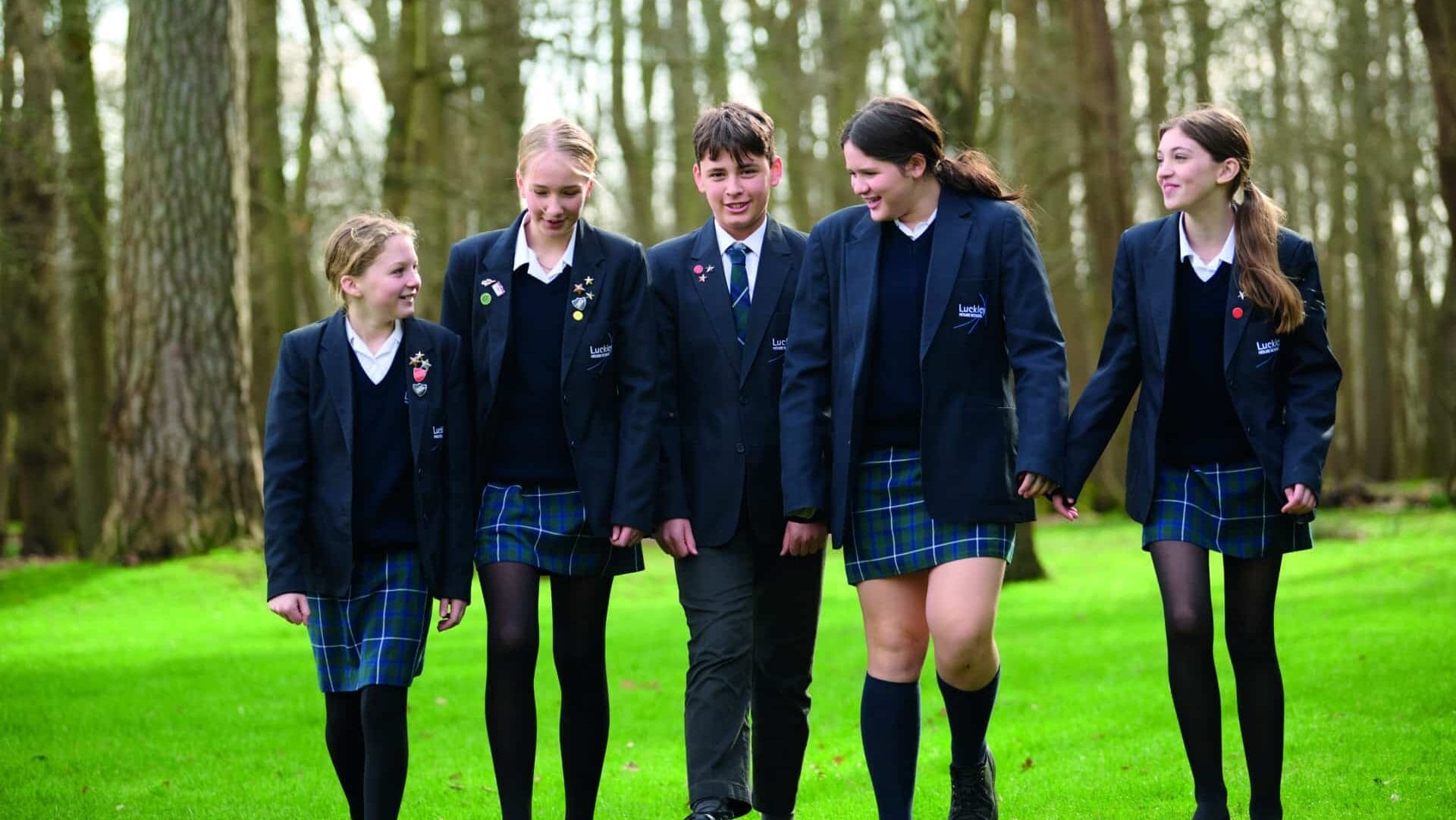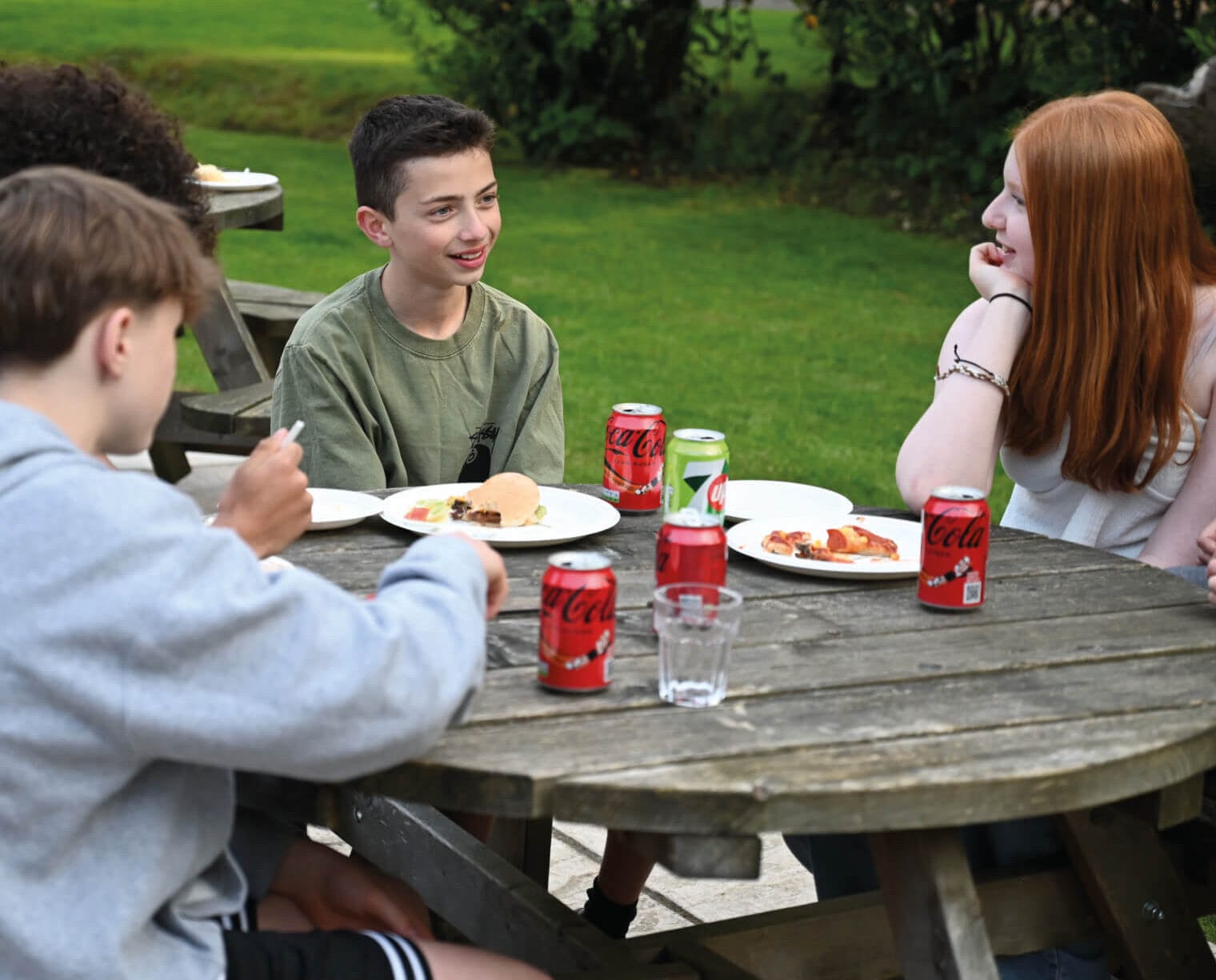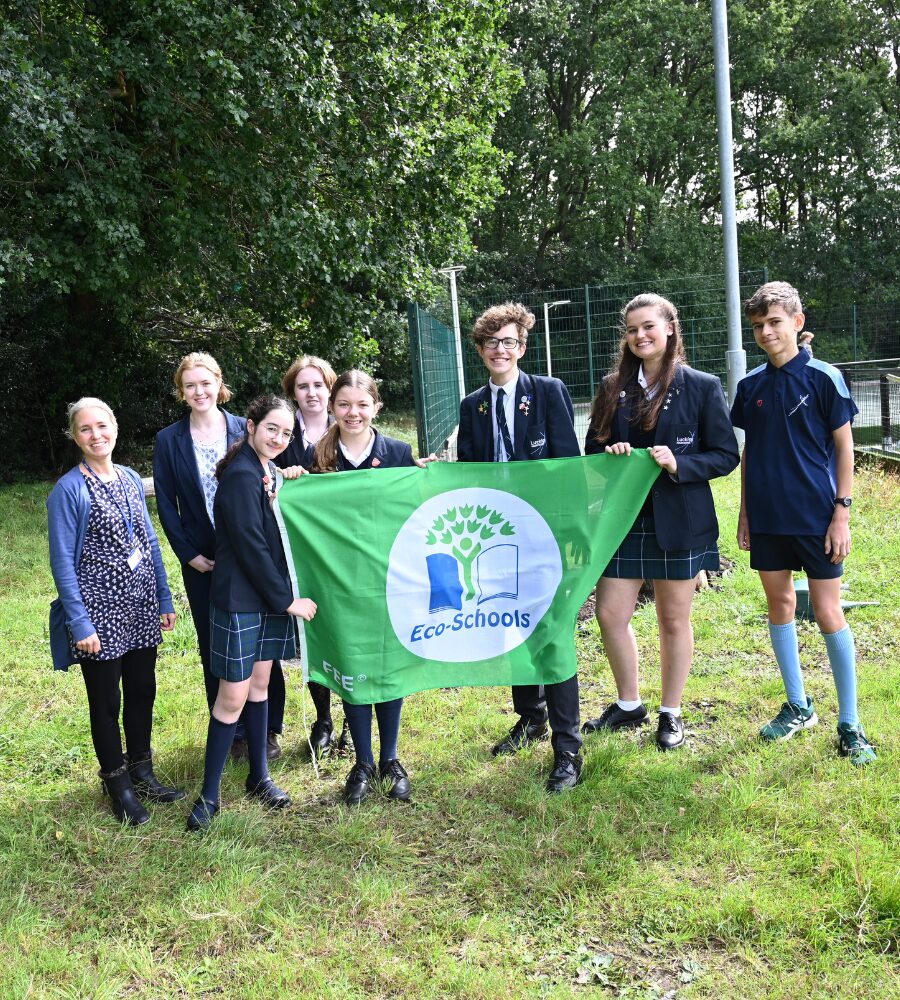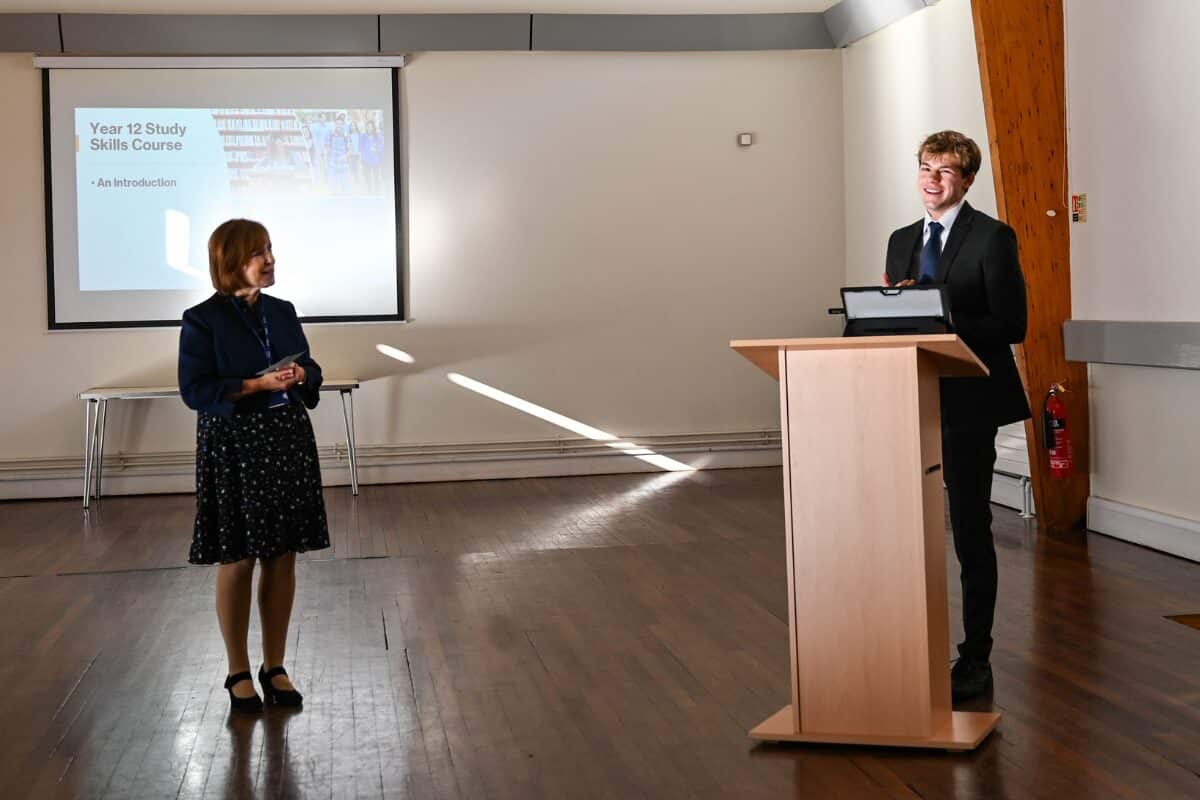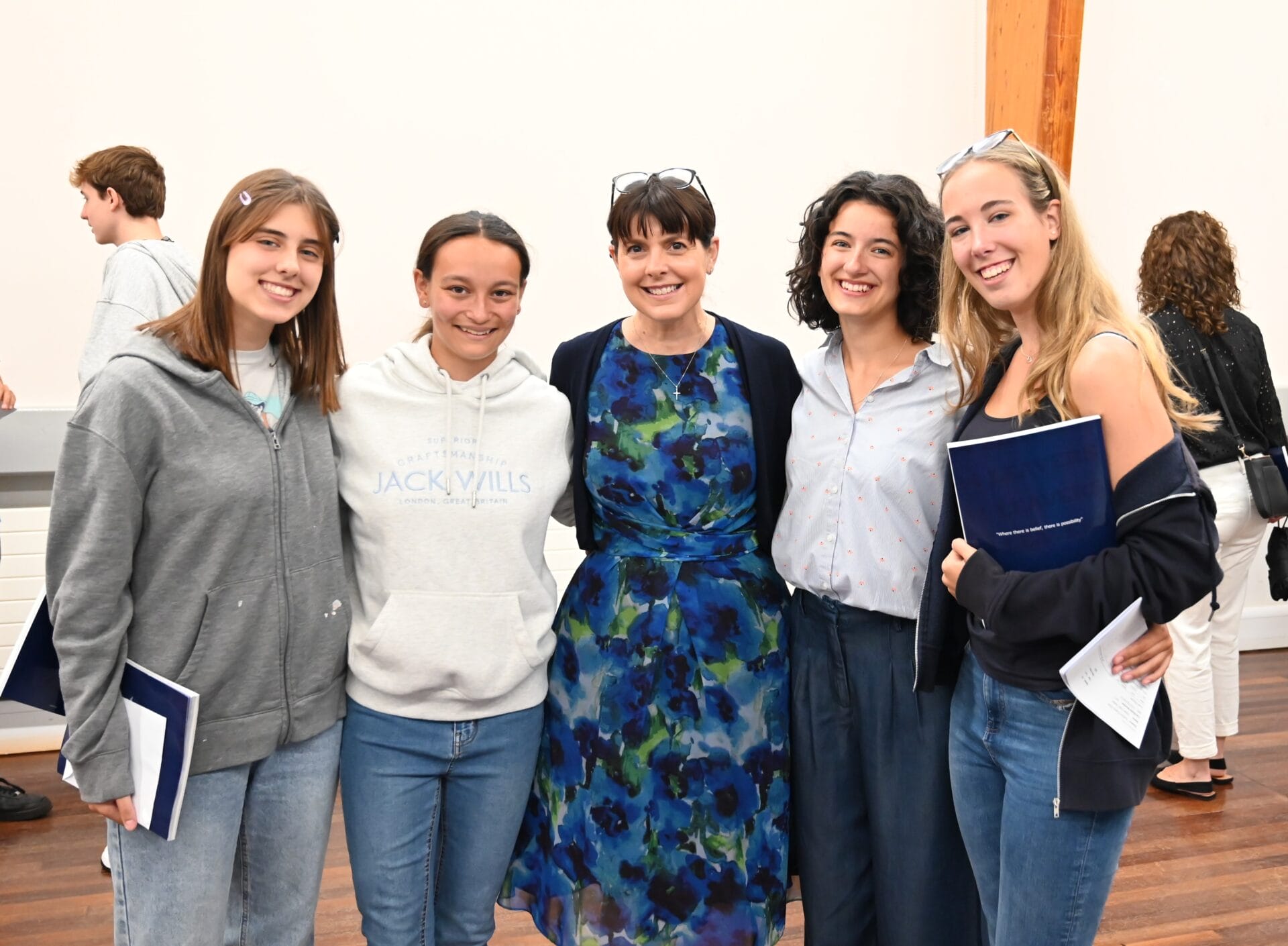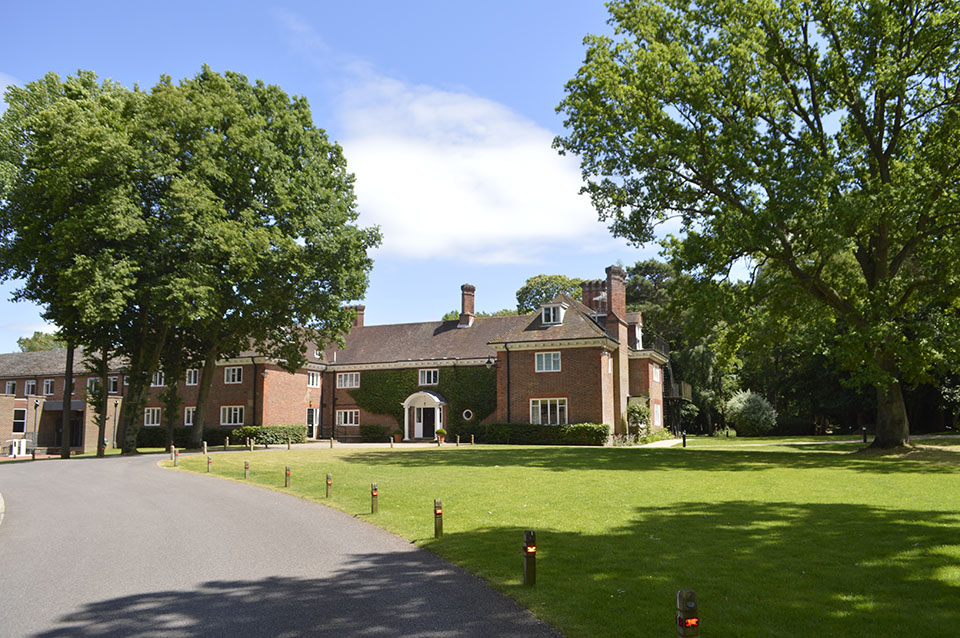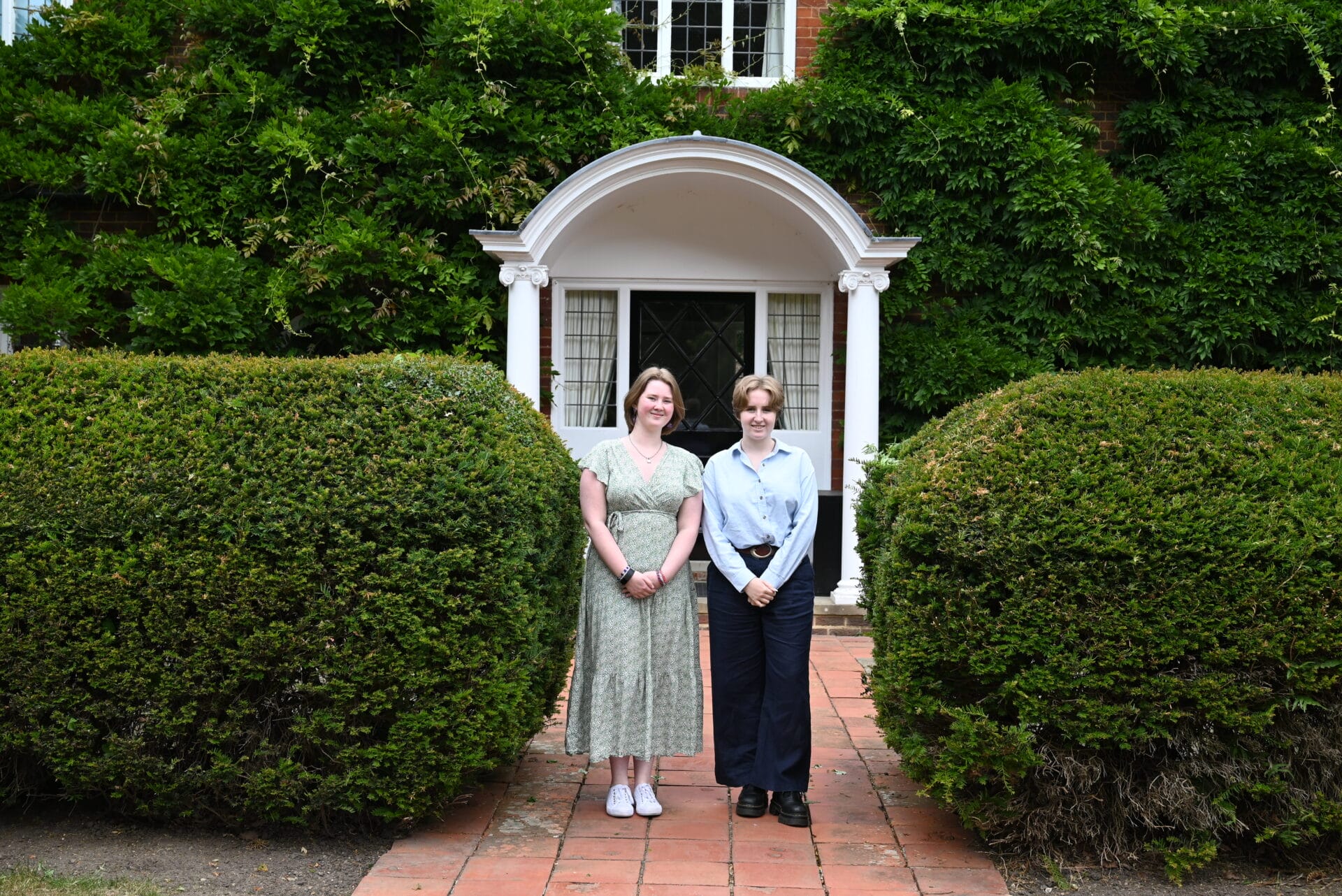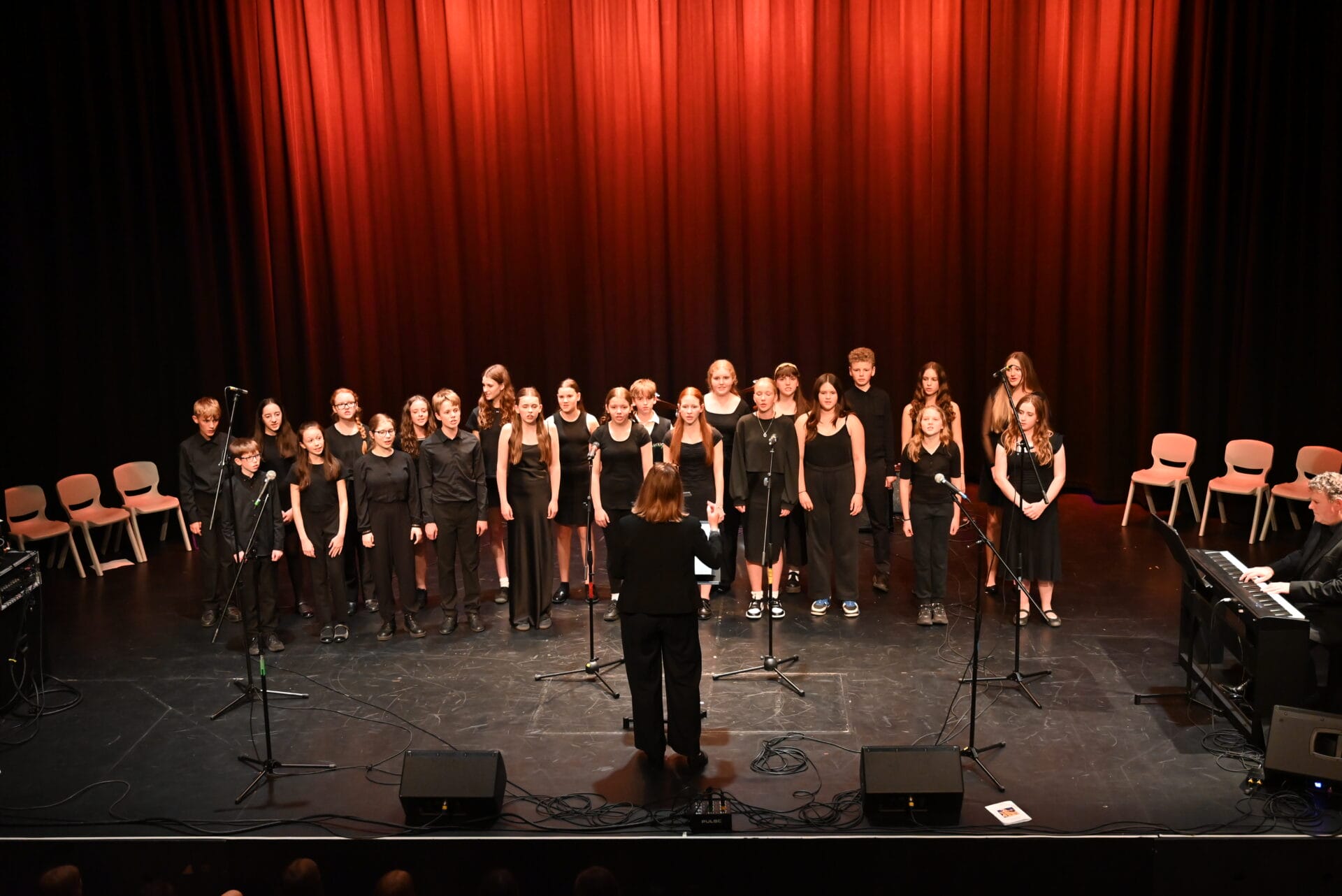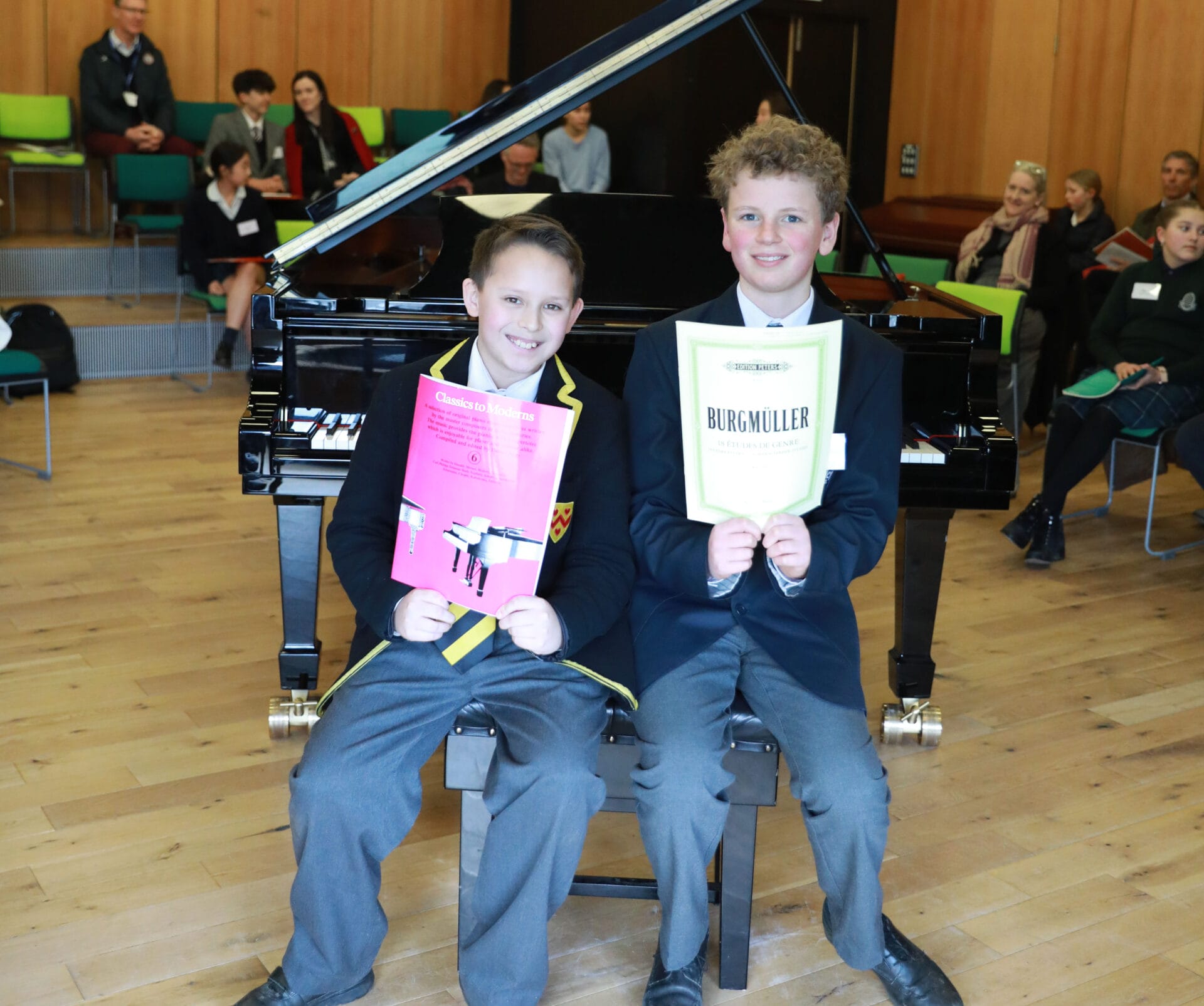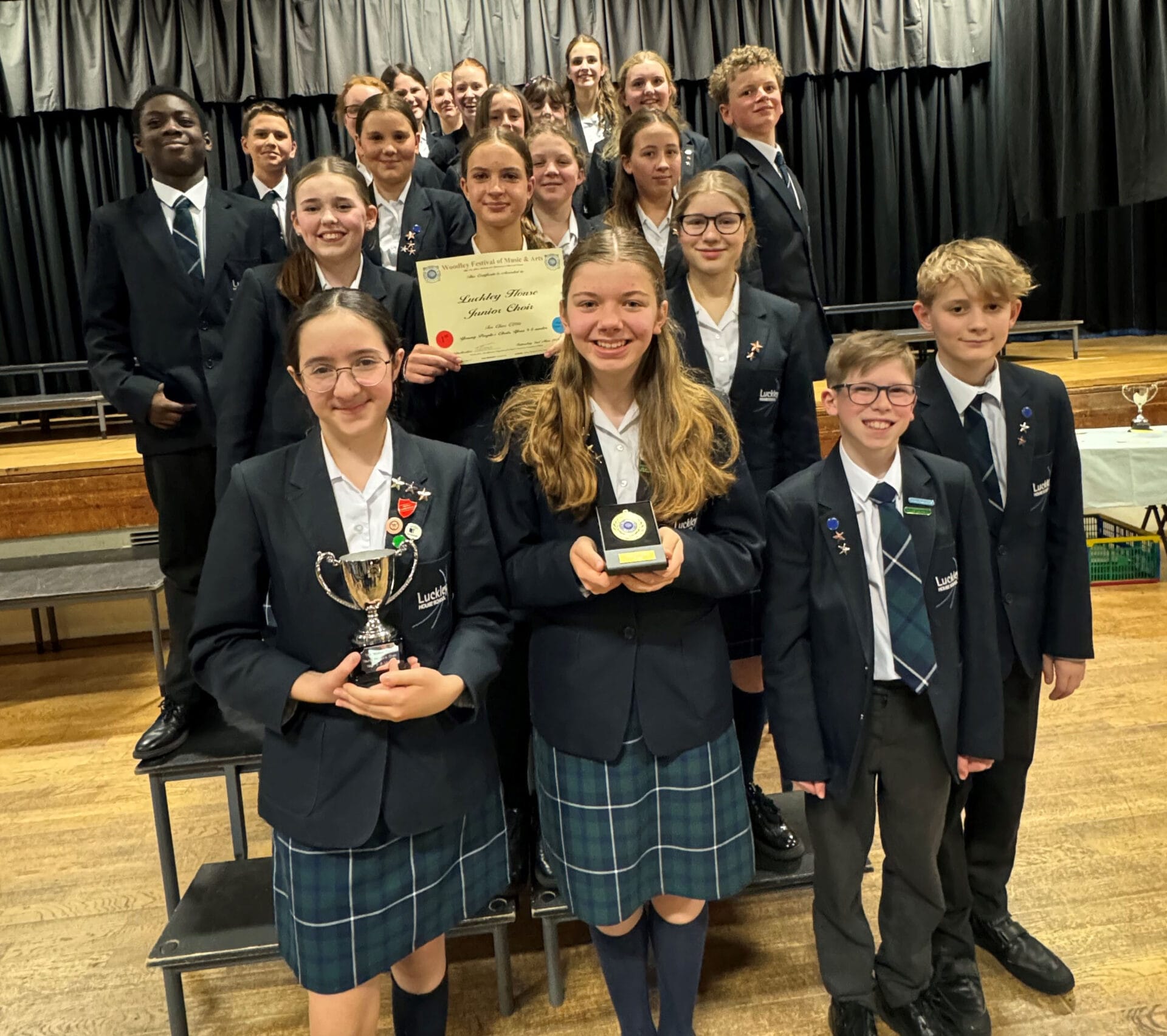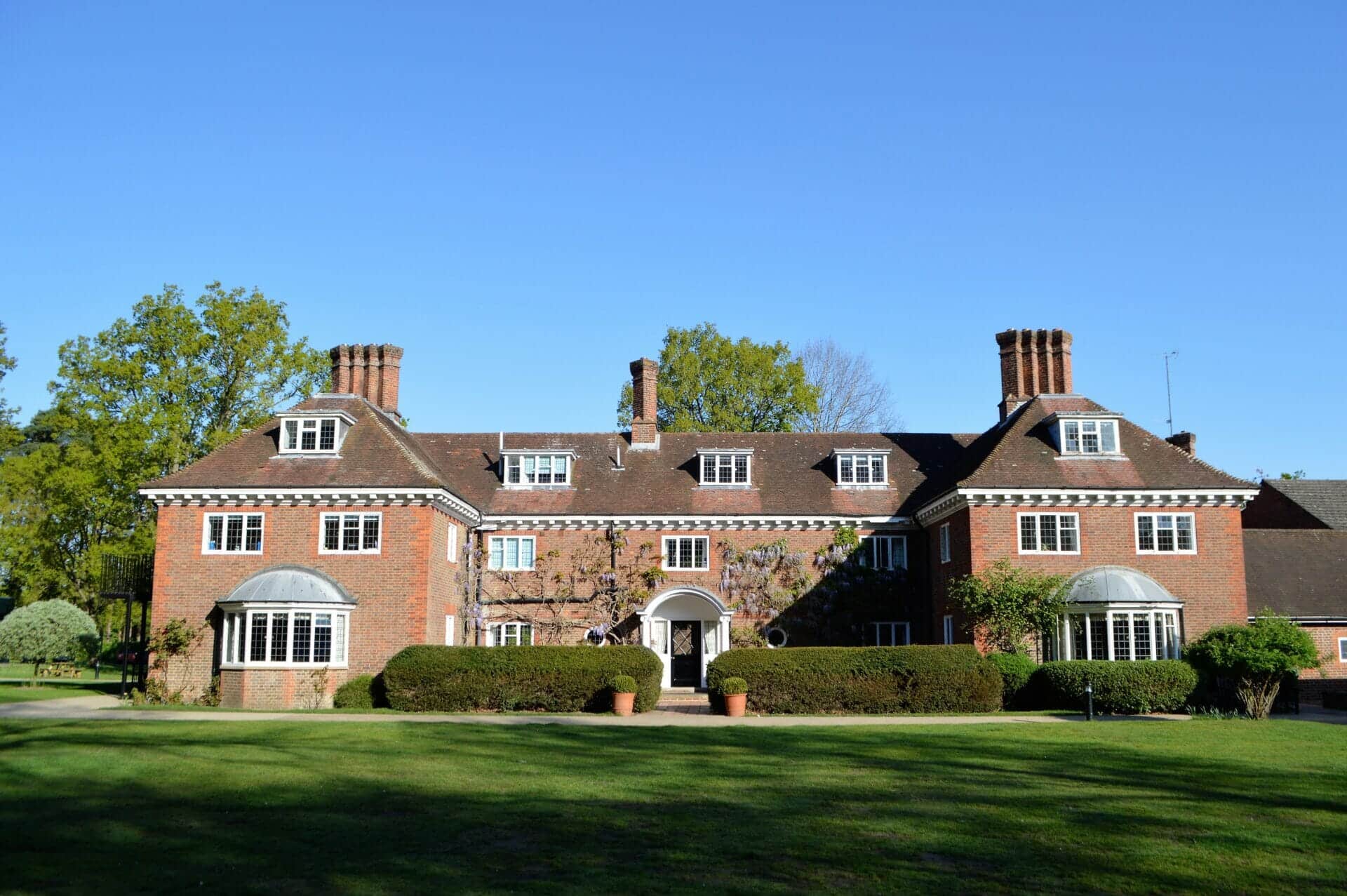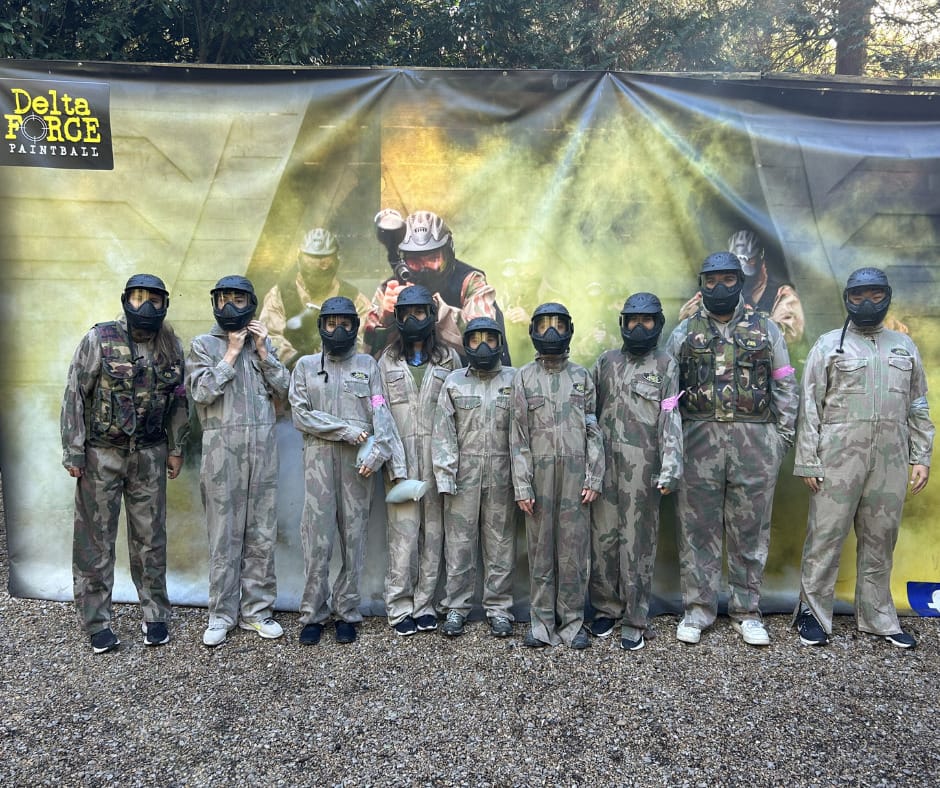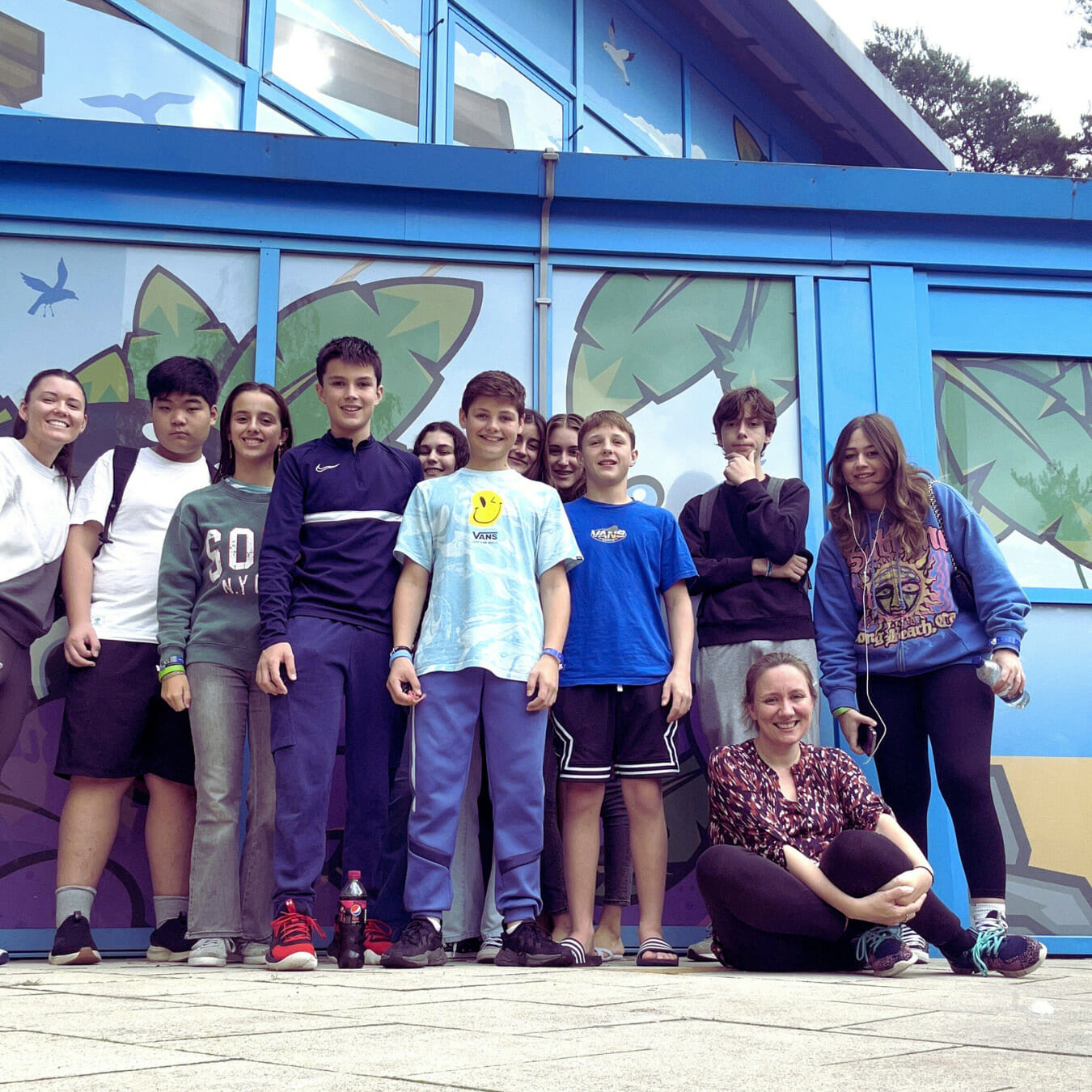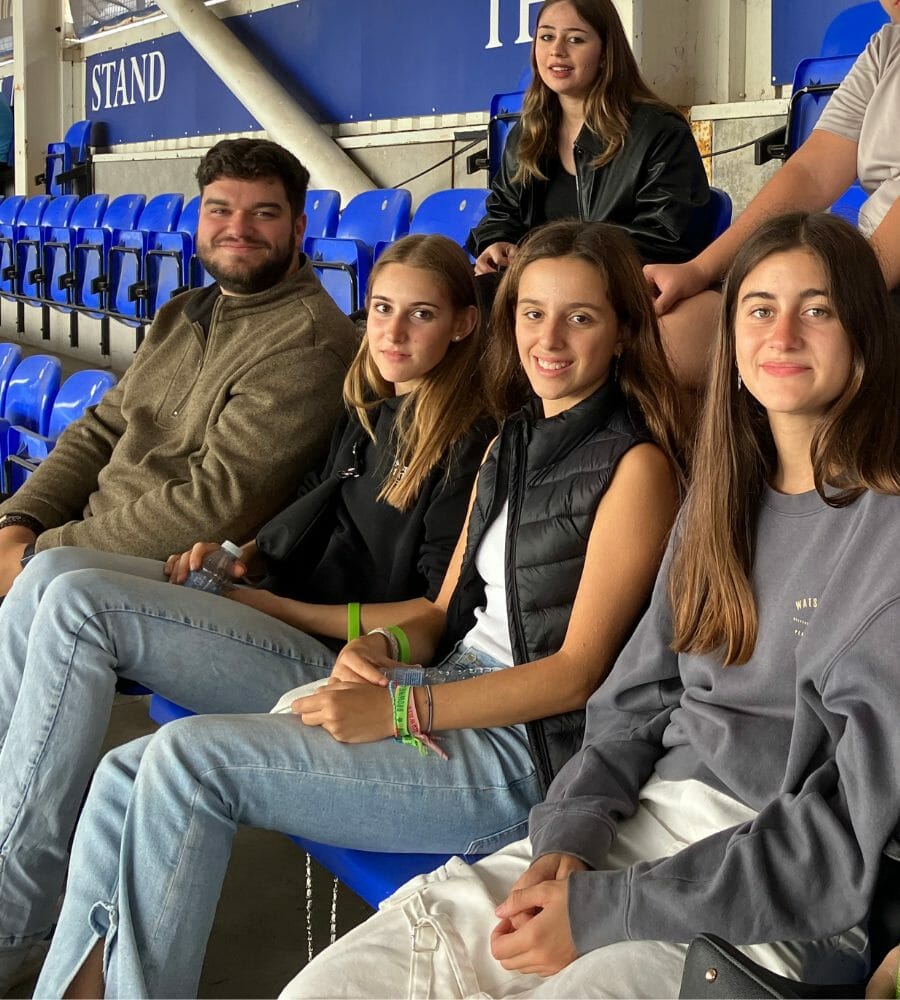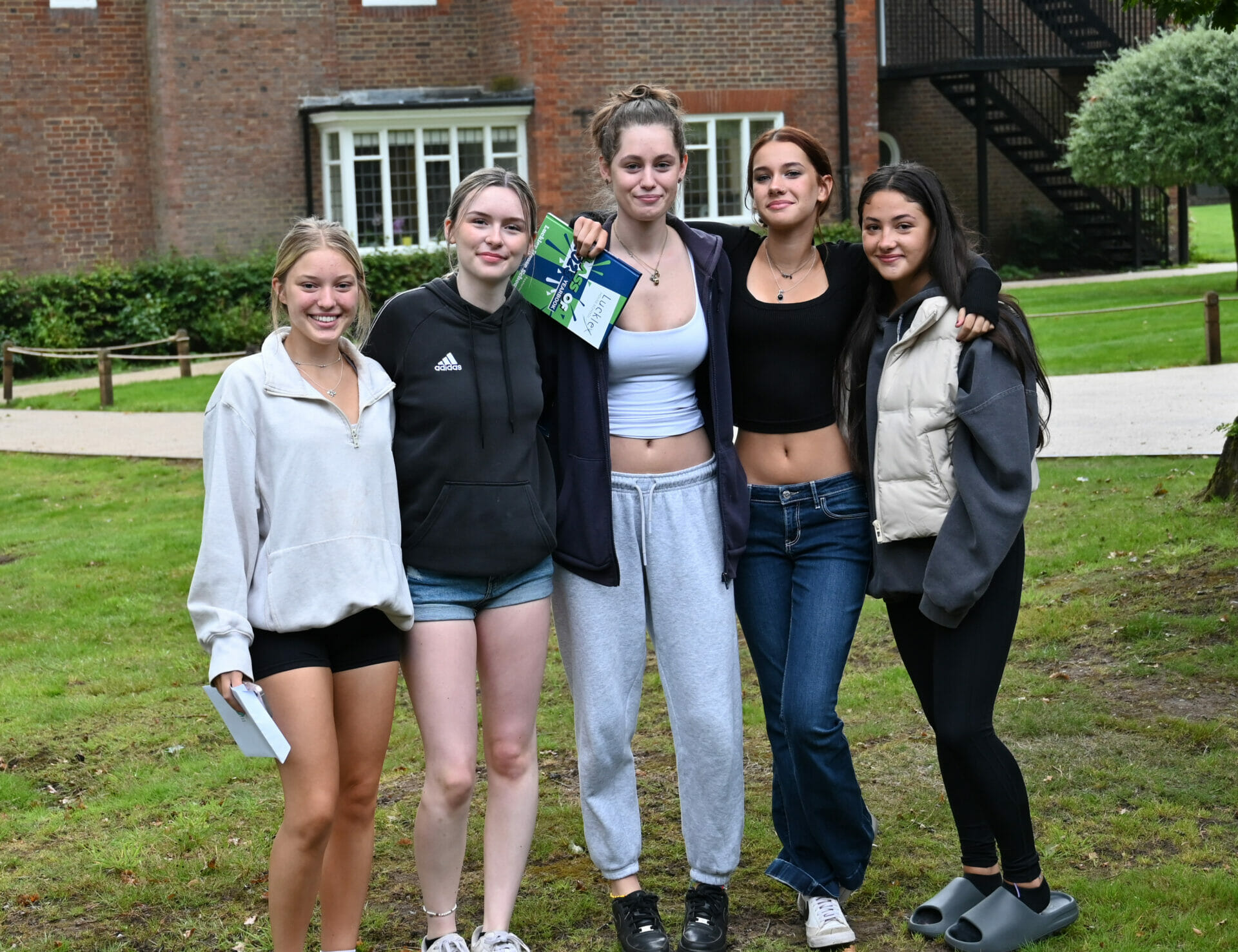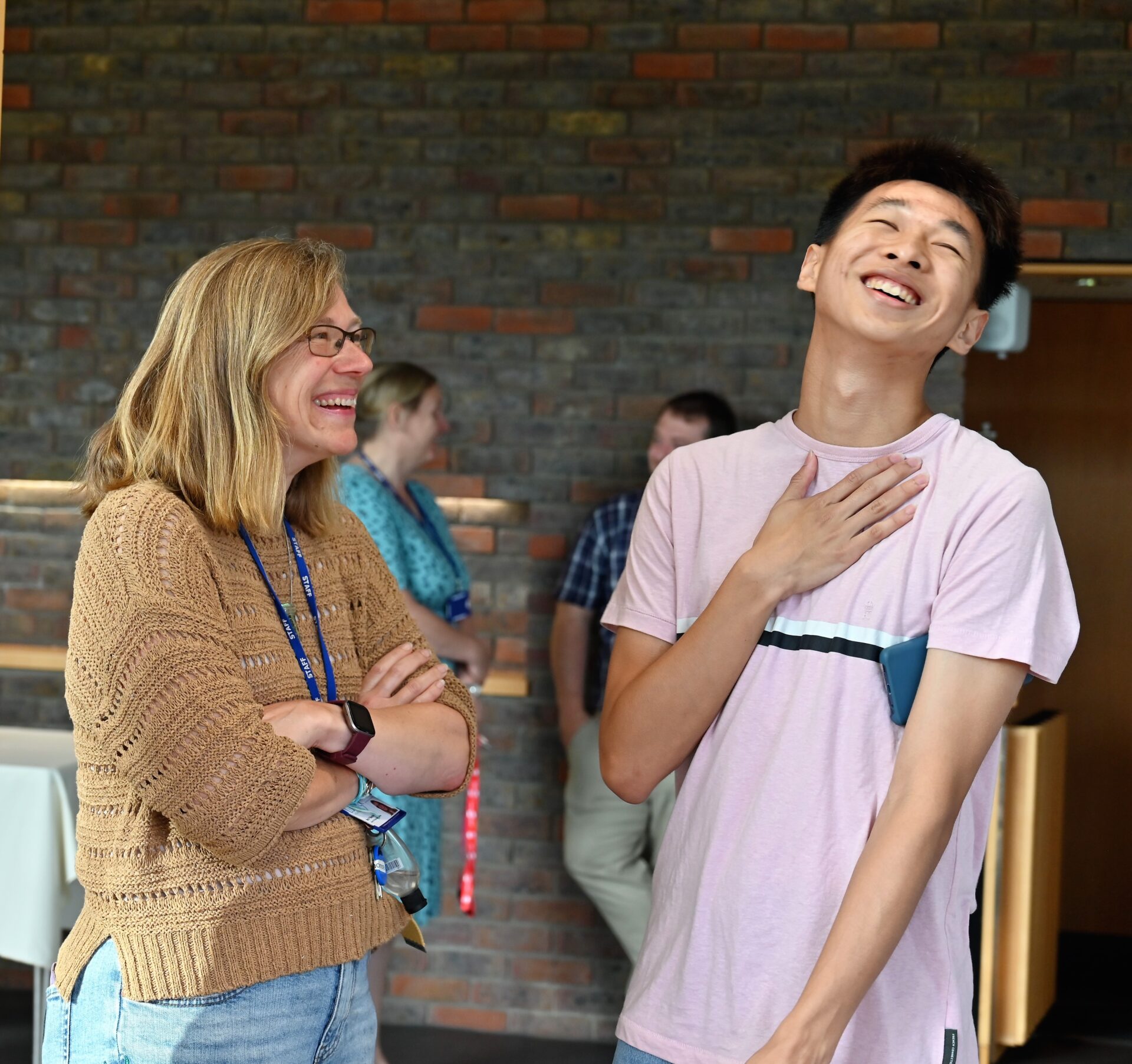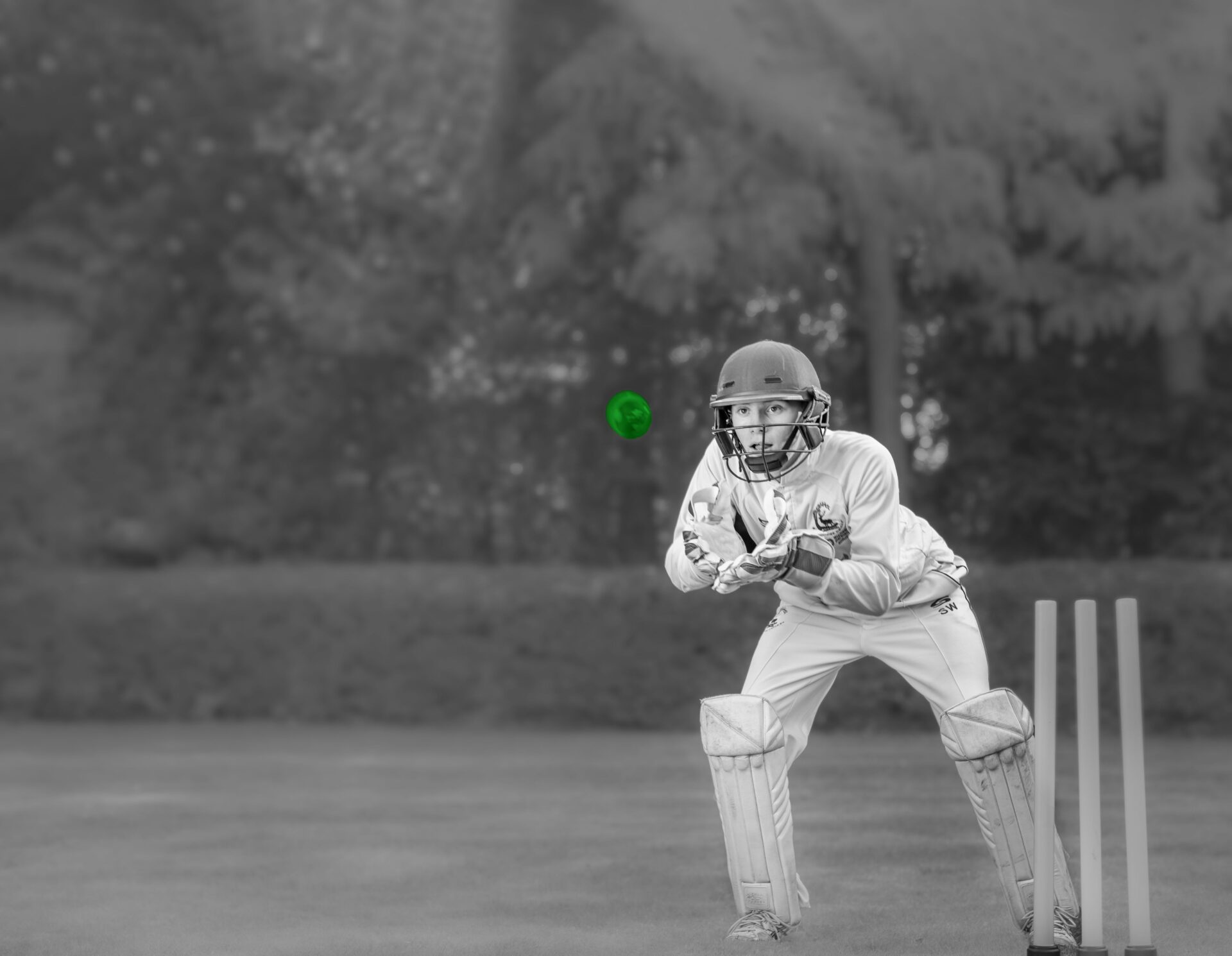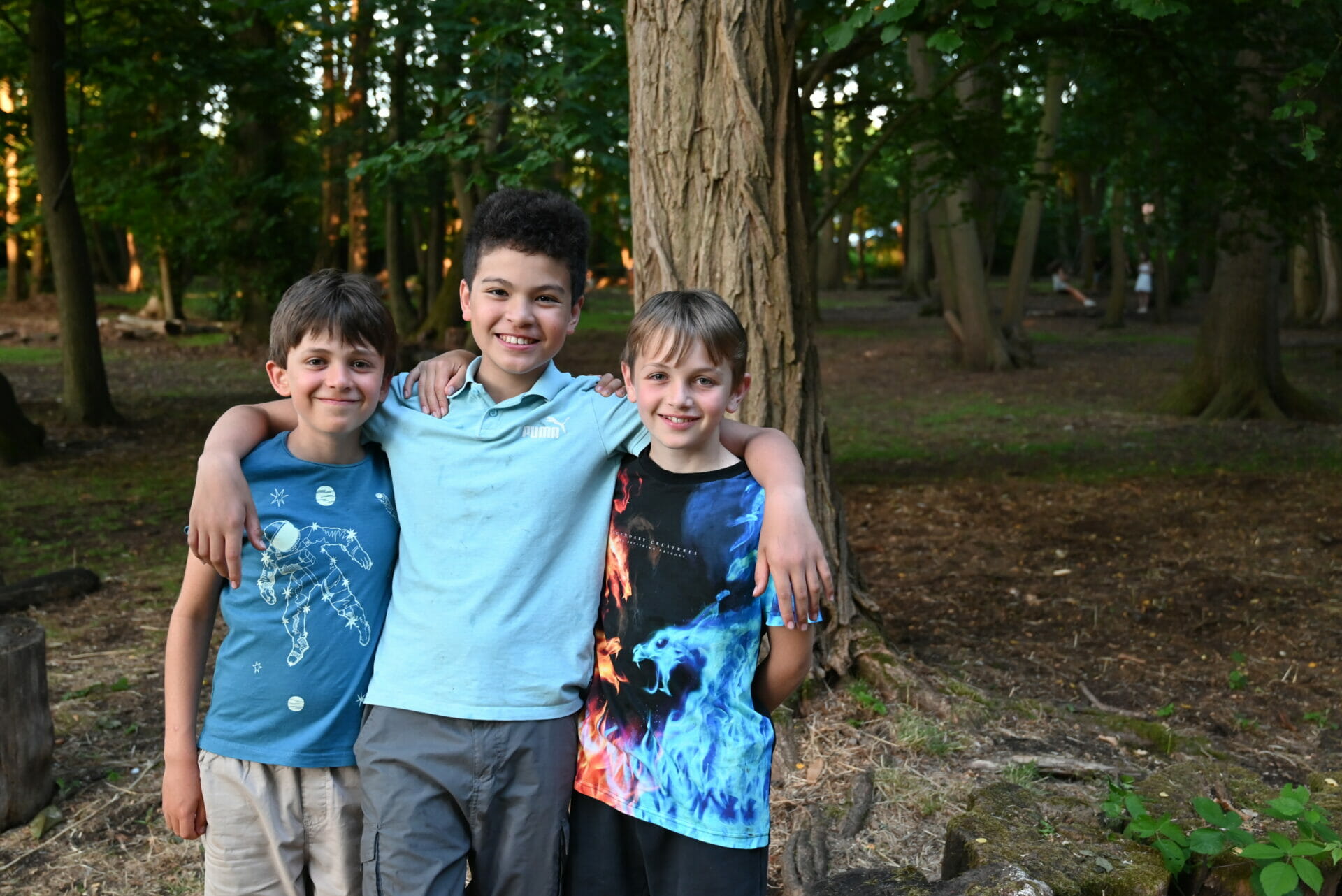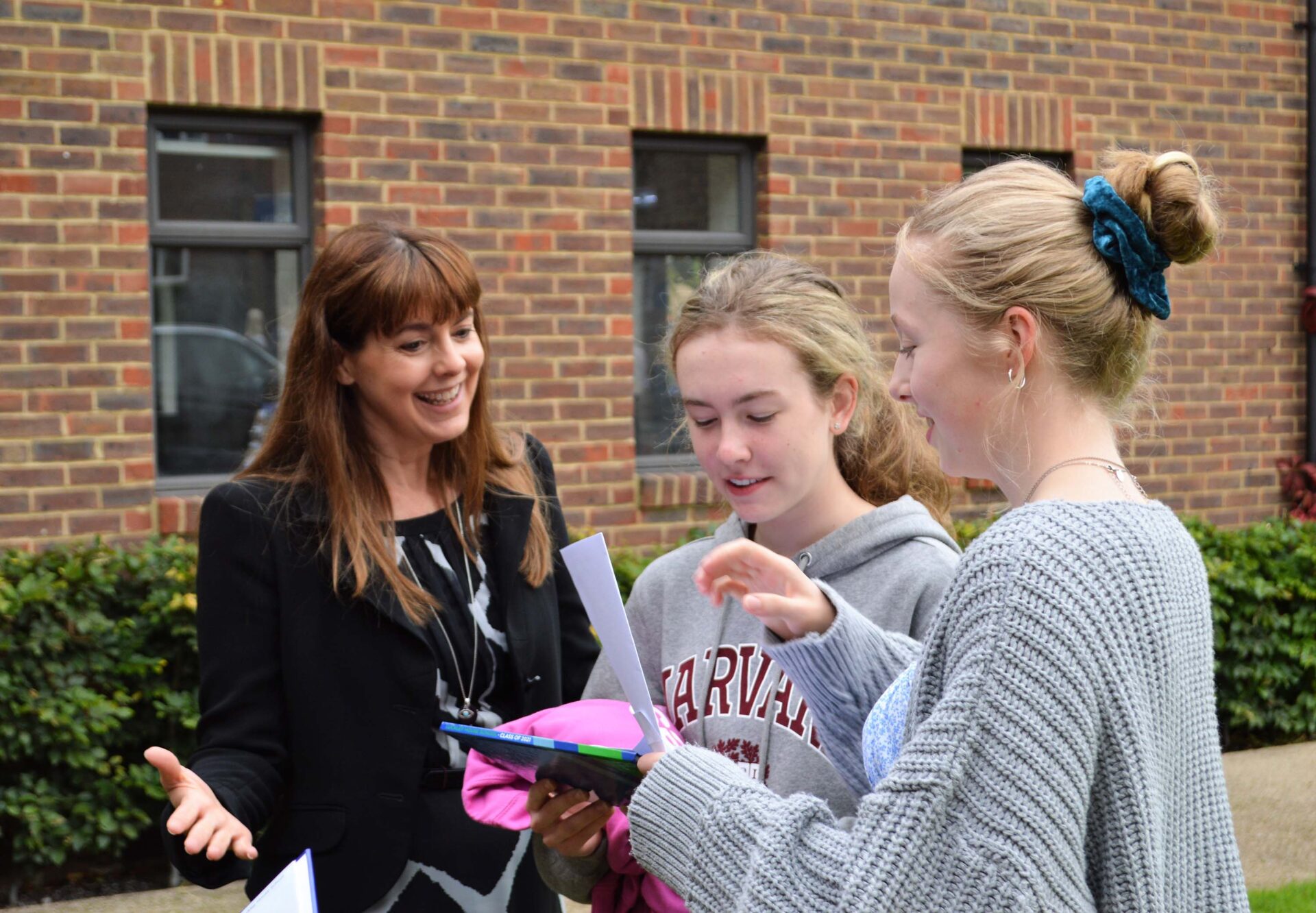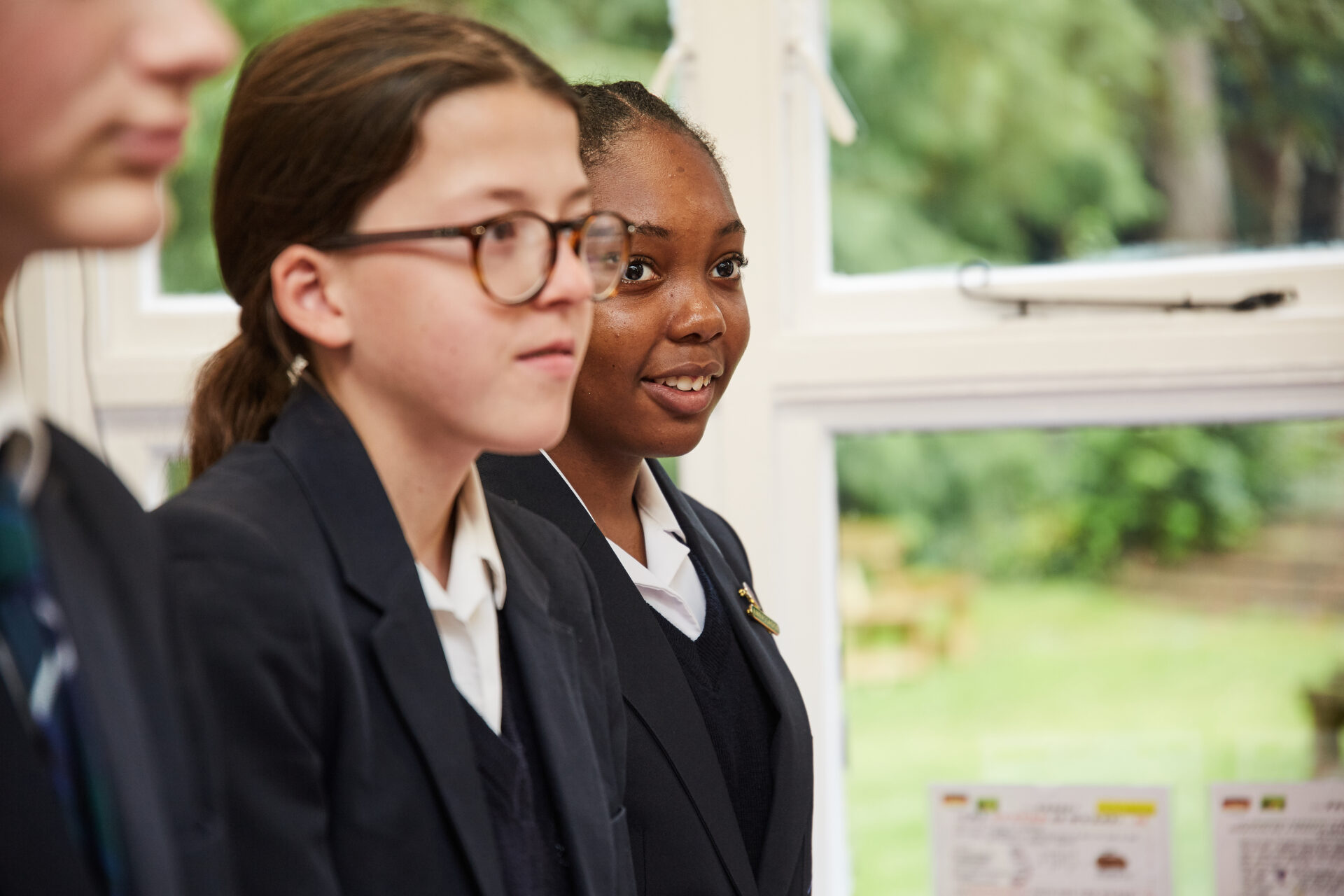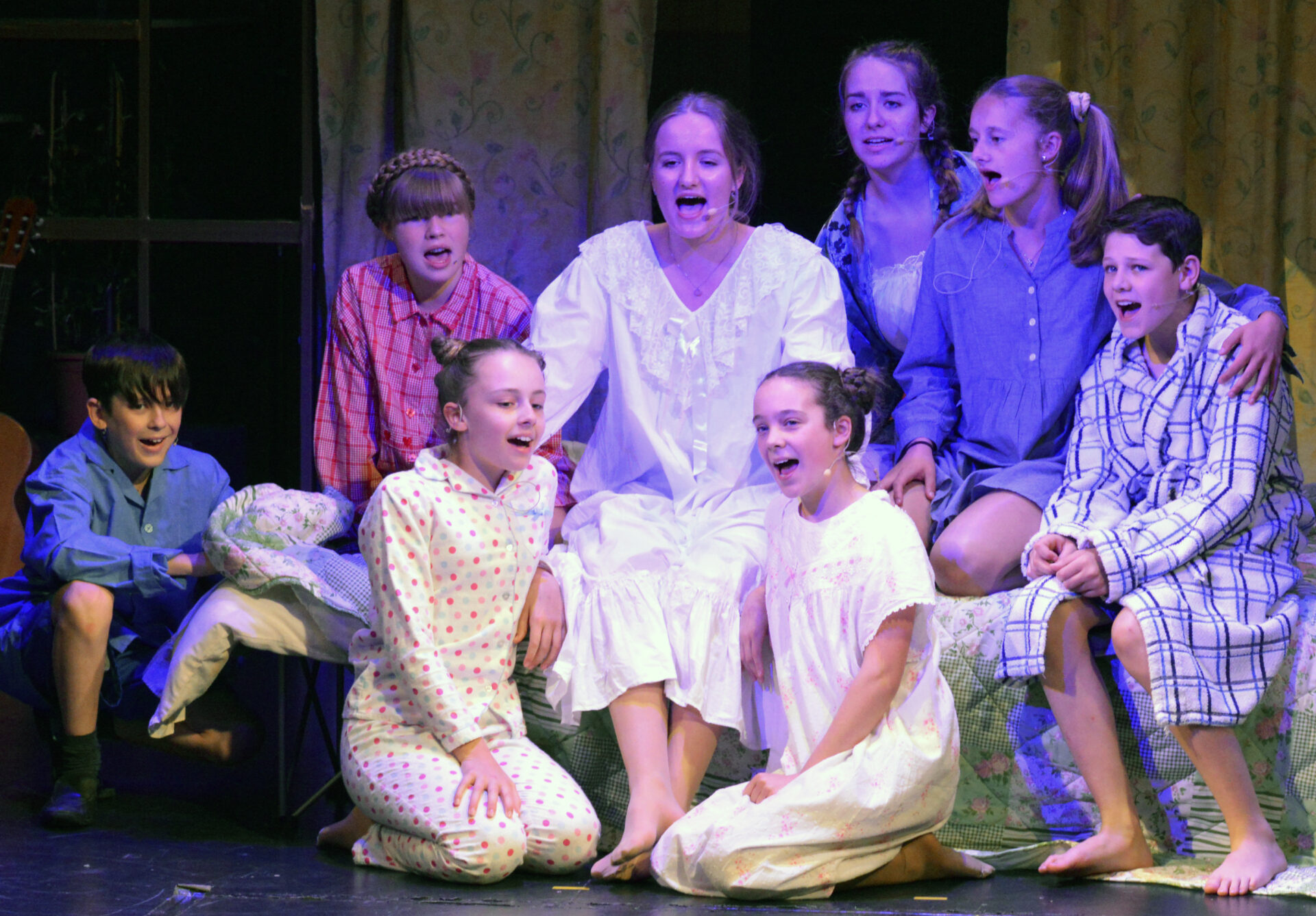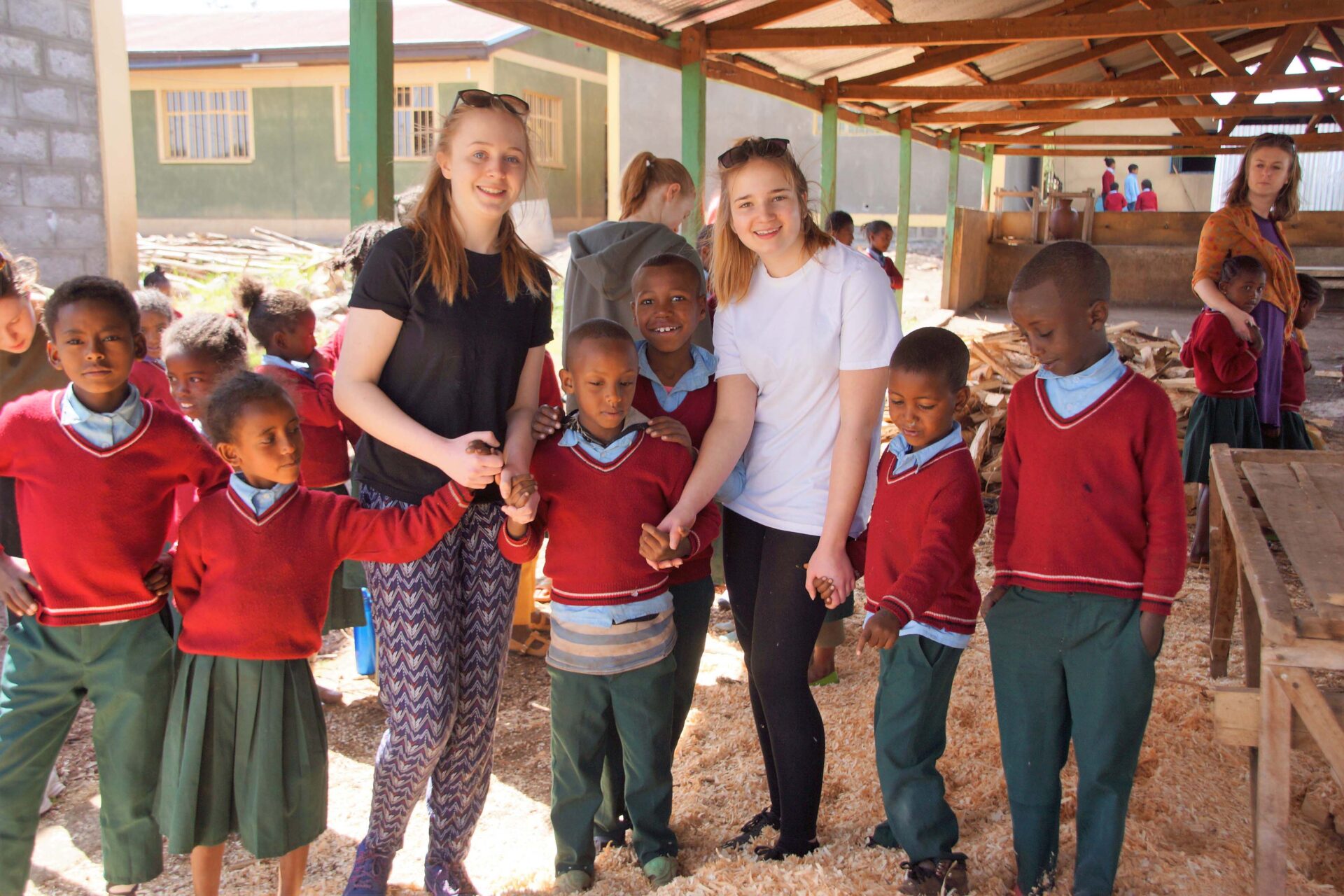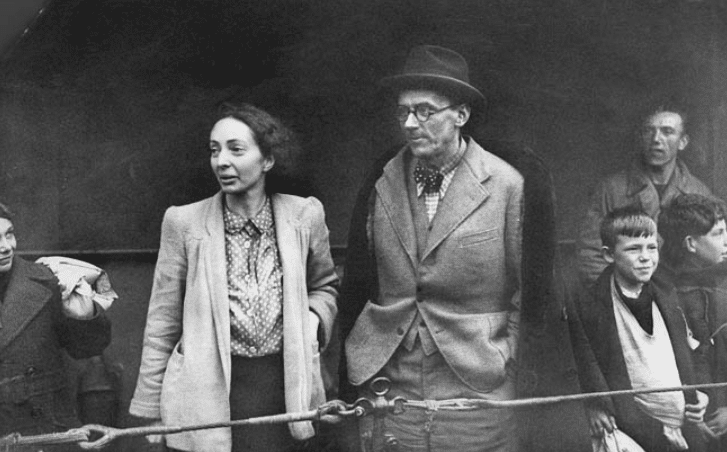
In September 1940 Luckley Music teacher, Miss Mary Cornish, volunteered to escort a group of 12 small girls on the trans-Atlantic steam passenger ship, SS City of Benares, which set off from Liverpool to safely deliver 100 young evacuees to Canada – away from the bombing of Great Britain. The Luckley motto “to love and serve” was widely promoted and Luckley pupils and staff were all expected to be industrious, playing their part in the war effort.
Aboard the SS City of Benares, the children’s tears from sad family farewells soon turned to delight, on discovering the delicious ice cream, wonderful playroom and sea views aboard this “floating palace”. That delight quickly moved to fear and terror as the SS City of Benares was torpedoed by a German U-48 submarine – sinking 600 miles off the coast of Ireland, and after its Royal Naval escort had deployed elsewhere. Claiming the lives of what is thought to be 77 children and 181 adults it was one of the worst wartime sea tragedies involving children, and marked the end of the government policy of overseas evacuation. For many parents, the letters posted by their children before departure would arrive at the same time as the news of their deaths. For the captain of the U-48 submarine who was unaware of the ship’s assignment to carry children to safety, he was rumoured to have suffered mental collapse.
SAVING LIVES
Of the survivors, 41-year old Miss Cornish was one of 46 passengers that scrambled into Lifeboat 12 in the dead of a cold, stormy night. With six little boys already aboard, she resolved to take care of them. Those young boys would keep in touch with Miss Cornish for the remainder of their lives, after she almost single-handedly kept the boys alive during the eight days the lifeboat was adrift at sea. Miss Cornish, the only woman aboard, had a routine of storytelling, which kept the boys hopeful – making up her own version of the character, Bulldog Drummond, much to their amusement. The youngsters were crouched in the bows of the boat, and Miss Cornish would massage their little limbs to keep their circulation going and stop them freezing to death. Passengers shared rations of water, biscuits and tinned sardines, until these had all but ran out. And then, after eight days adrift, R.A.F. Sunderland flying boat, HMS Anthony, sighted Lifeboat 12 and all passengers were finally rescued. One rescuer recalled, “All the survivors were in a bad way, lying in the bottom of the boat.” Yet, other lifeboats did not fare so well, with many passengers dying onboard.
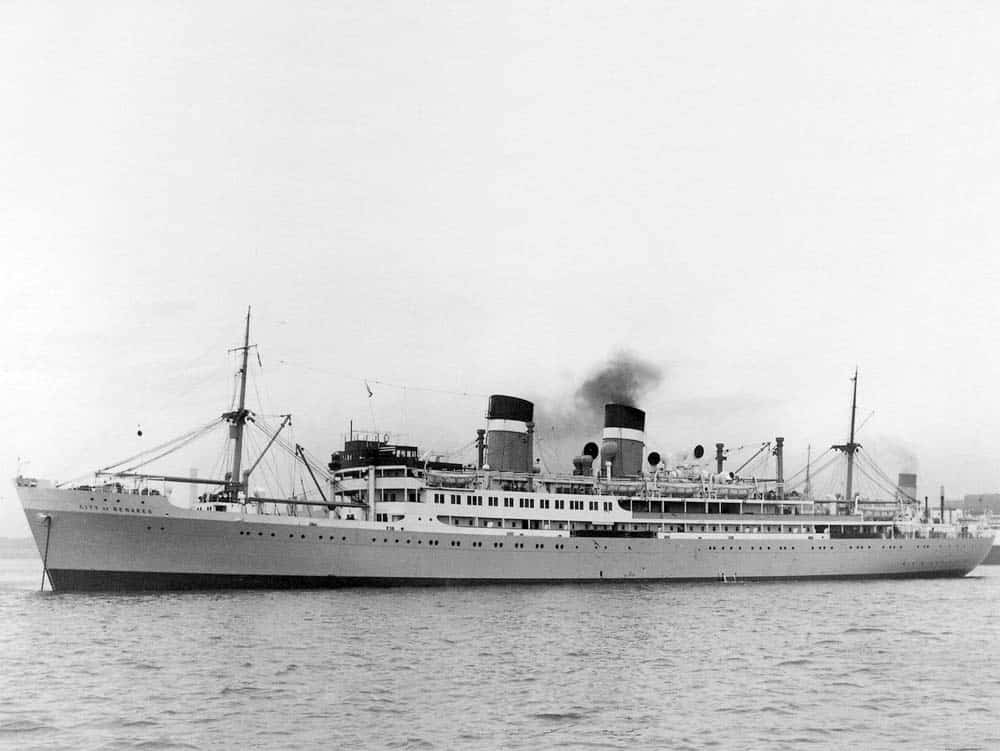
INSPIRING COURAGE
Miss Cornish returned to teaching at Luckley after her ordeal, but never without a glass of water by her side. It was never known if this was the psychological result of having been deprived of water before the rescue or if damage had been done to her kidneys. Nonetheless, no one questioned her need for water. Luckley pupils soon learned about Miss Cornish’s trial as she became publicly recognised. For her inspiring courage she was honoured with the Medal of the Order of the British Empire and has an honoured place in the Jersey Museum.
A LASTING LEGACY
The SS City of Benares tragedy is remembered to this day; a stark reminder of real wartime horror as well as a story of bravery, survival, resilience, and community spirit. A story that has been retold by award winning American children’s author, Deborah Heiligman, whose book titled ‘Torpedoed’, tells the true story of the World War II sinking of what was termed, “the children’s ship”. This exceptionally well researched book includes interviews, reproductions of archival photographs and documents complemented by original pencil art. The book won awards and recognition, including SCBWI Golden Kite Award, YALSA Excellence in Nonfiction Award and ALA Notable Children’s Book. The true story of Mary Cornish’s ordeal becomes impossible to forget throughout this gripping tale.

